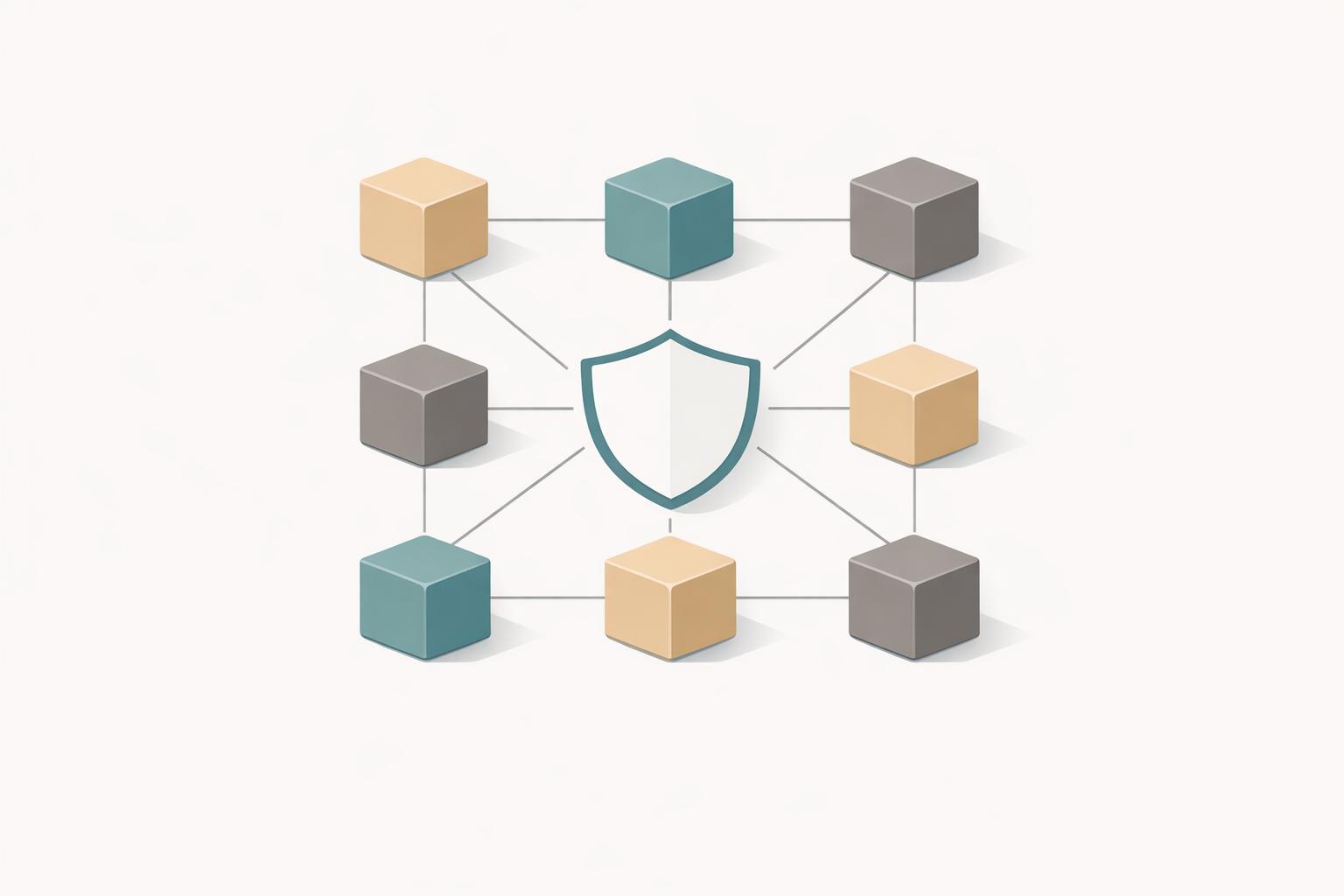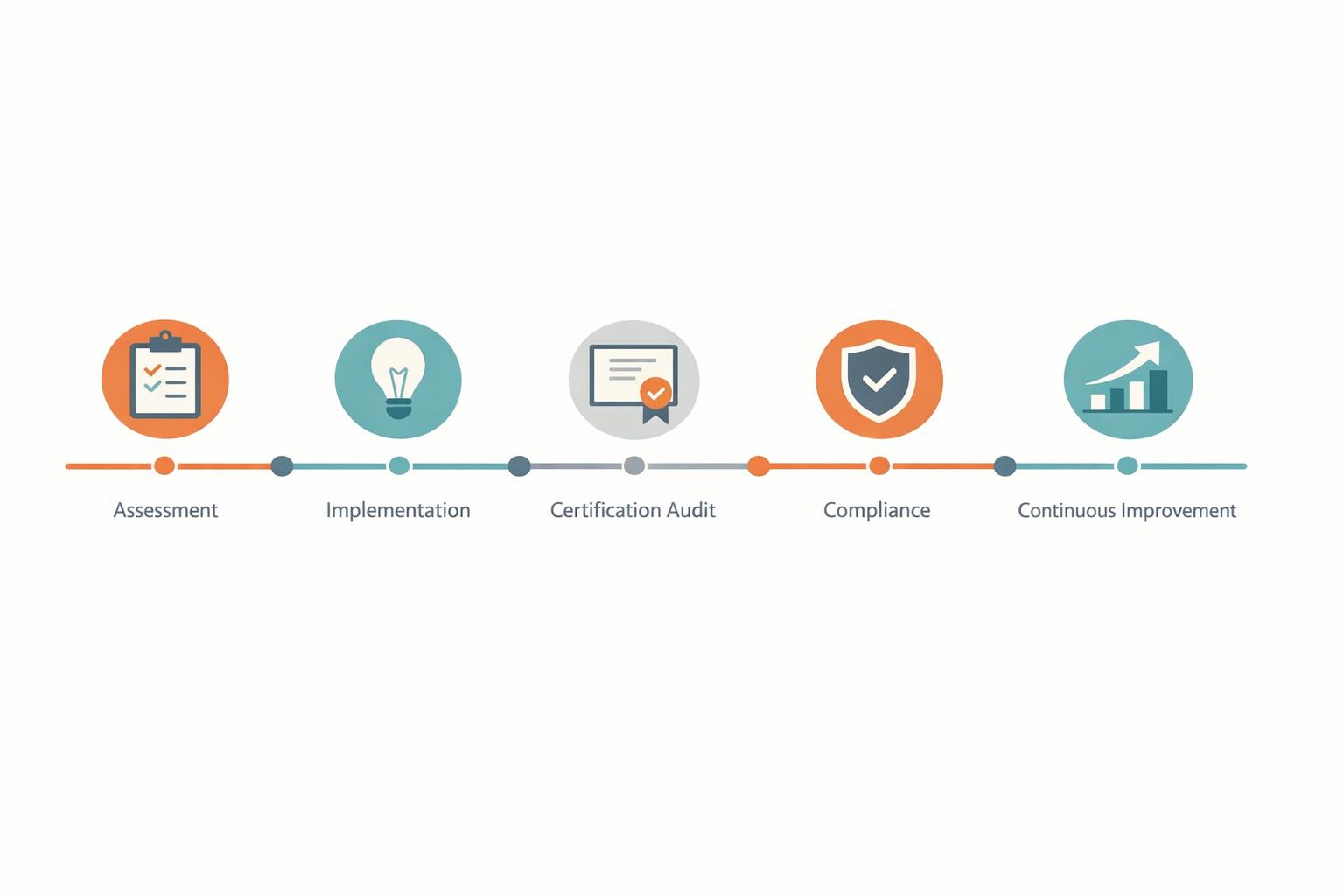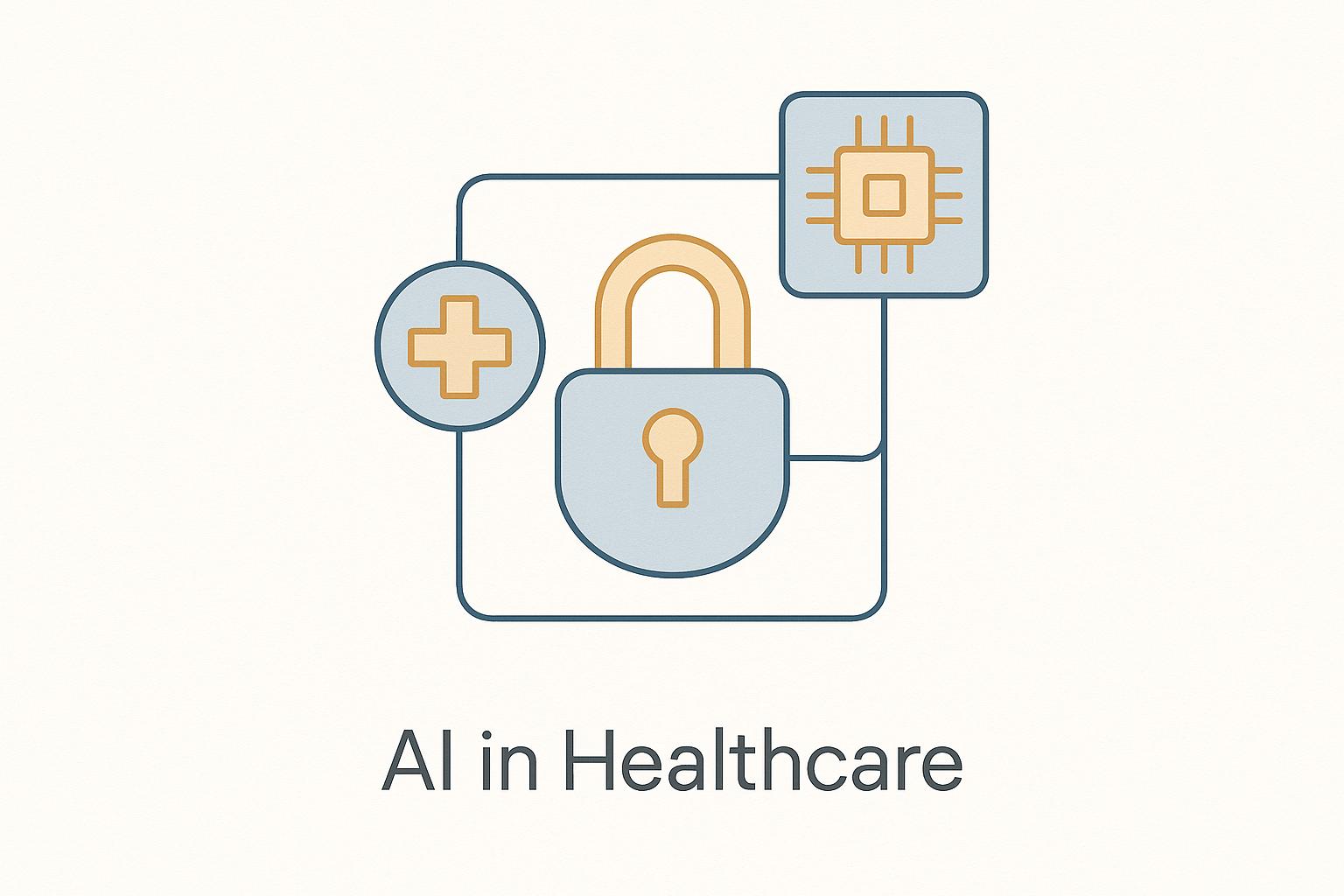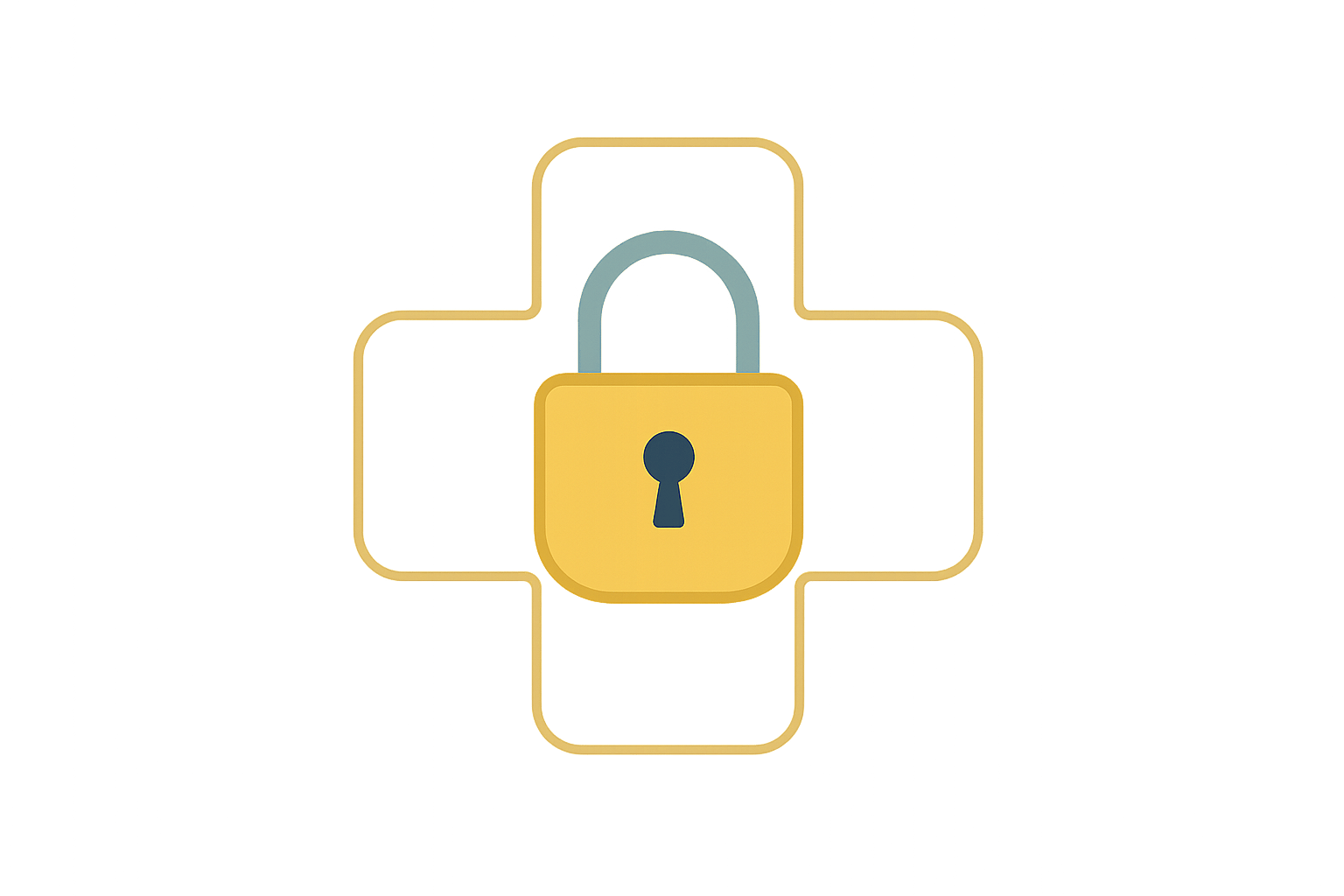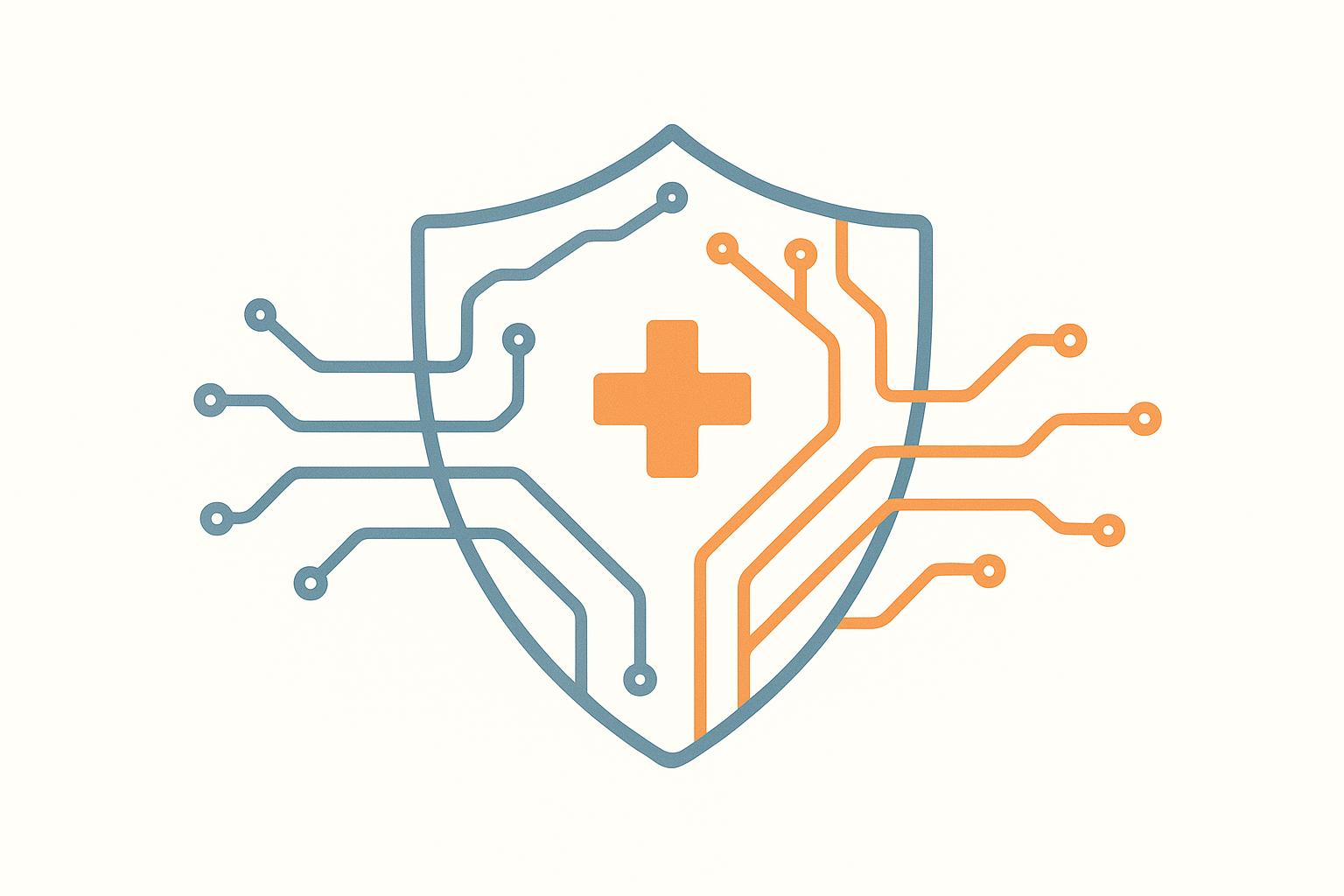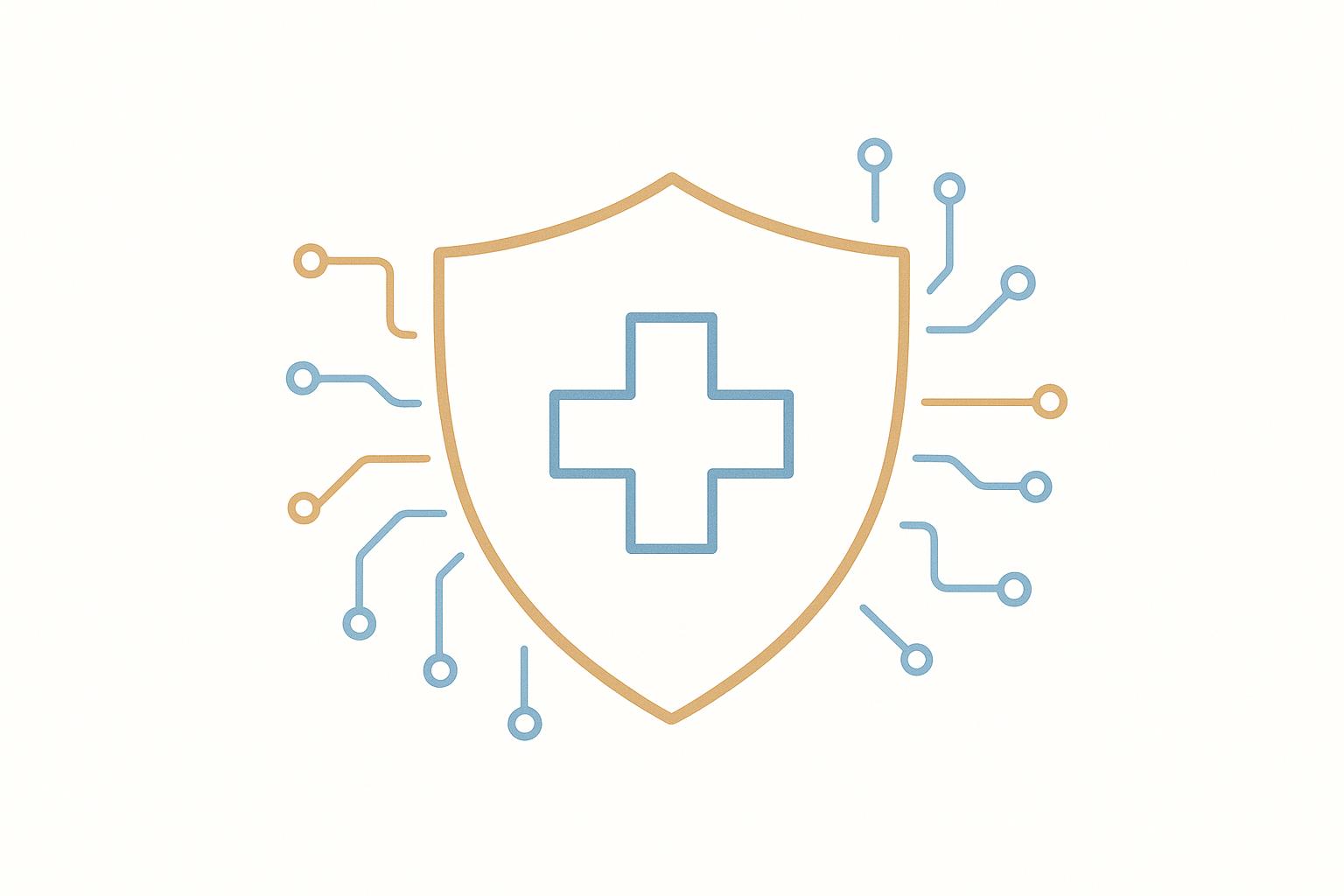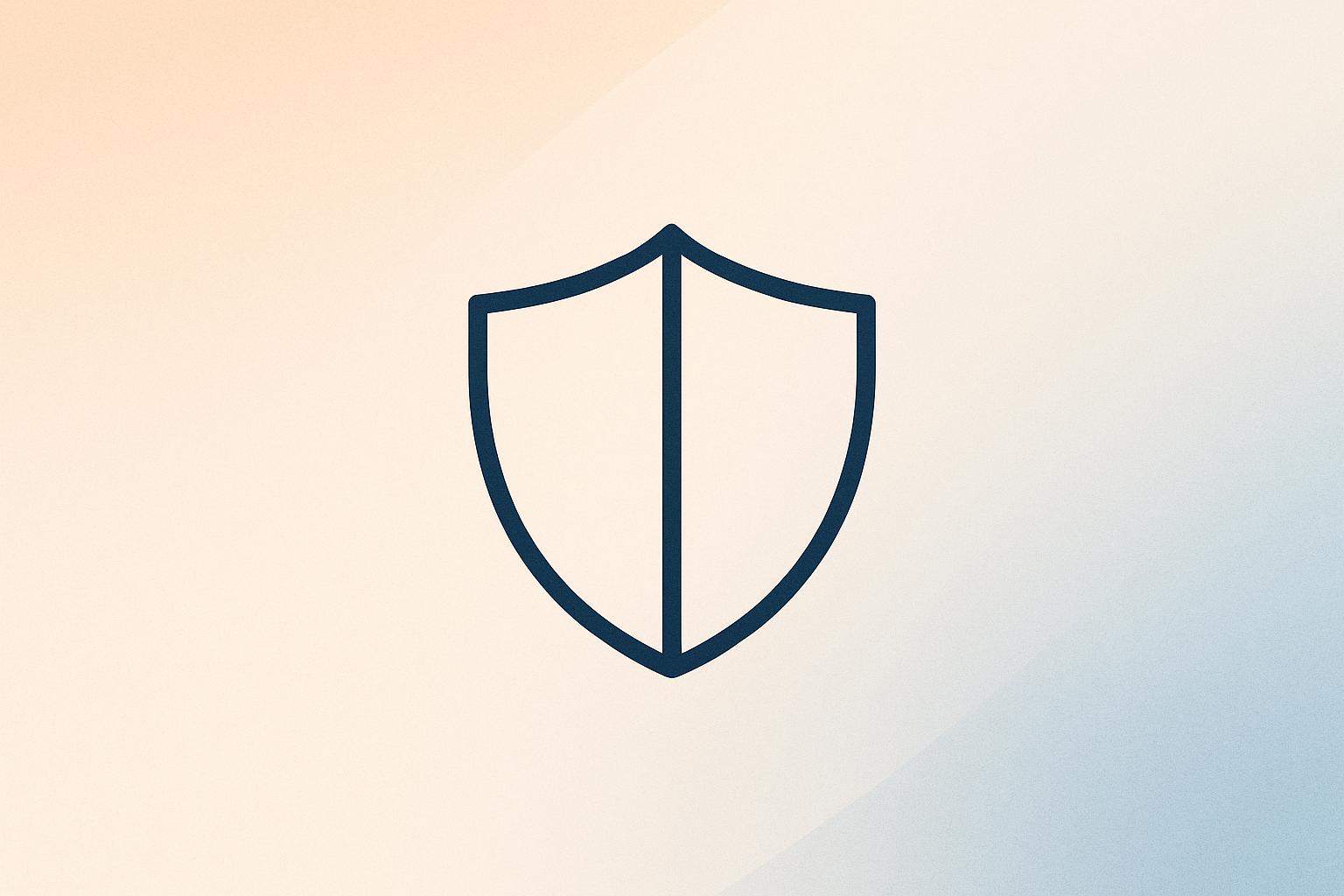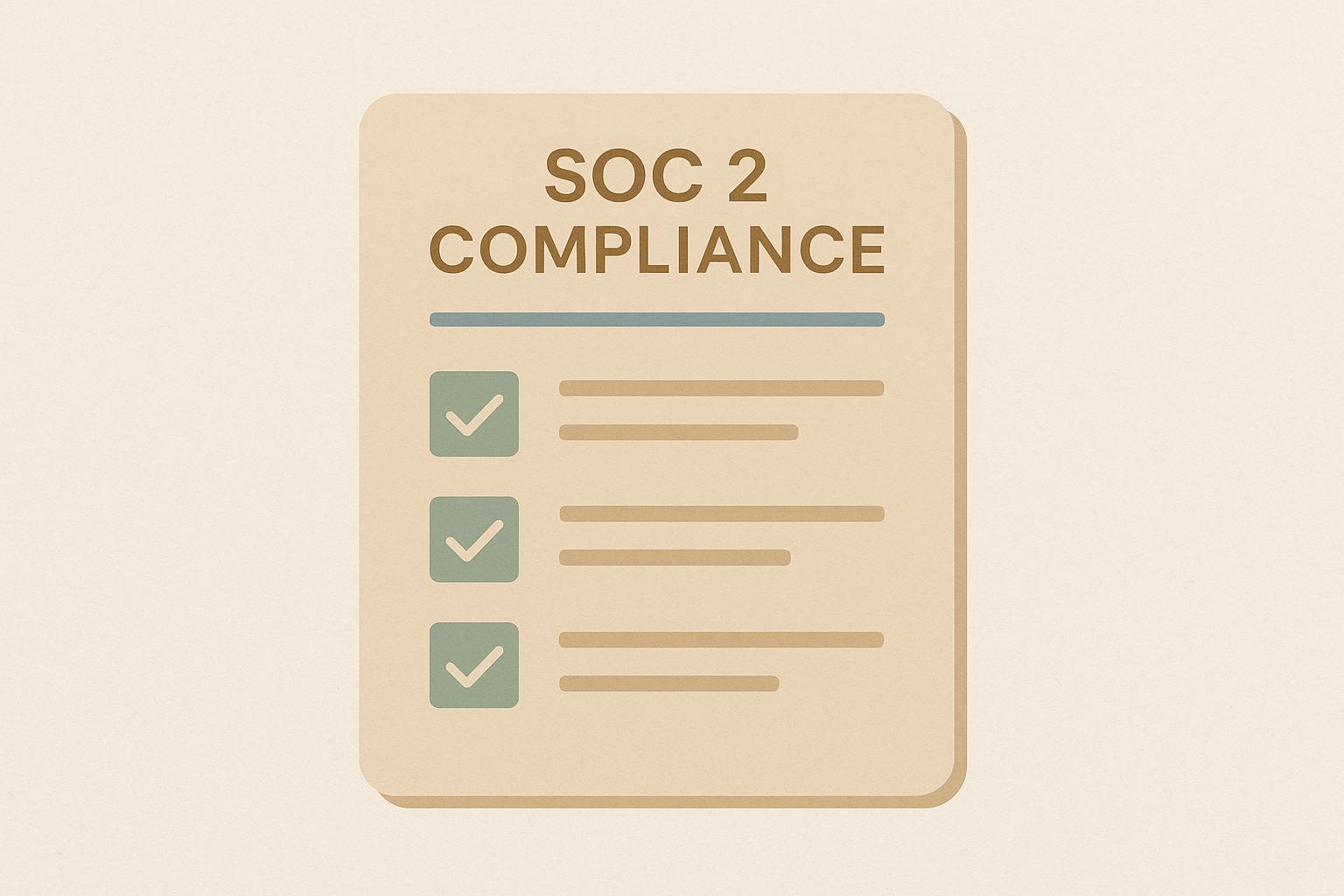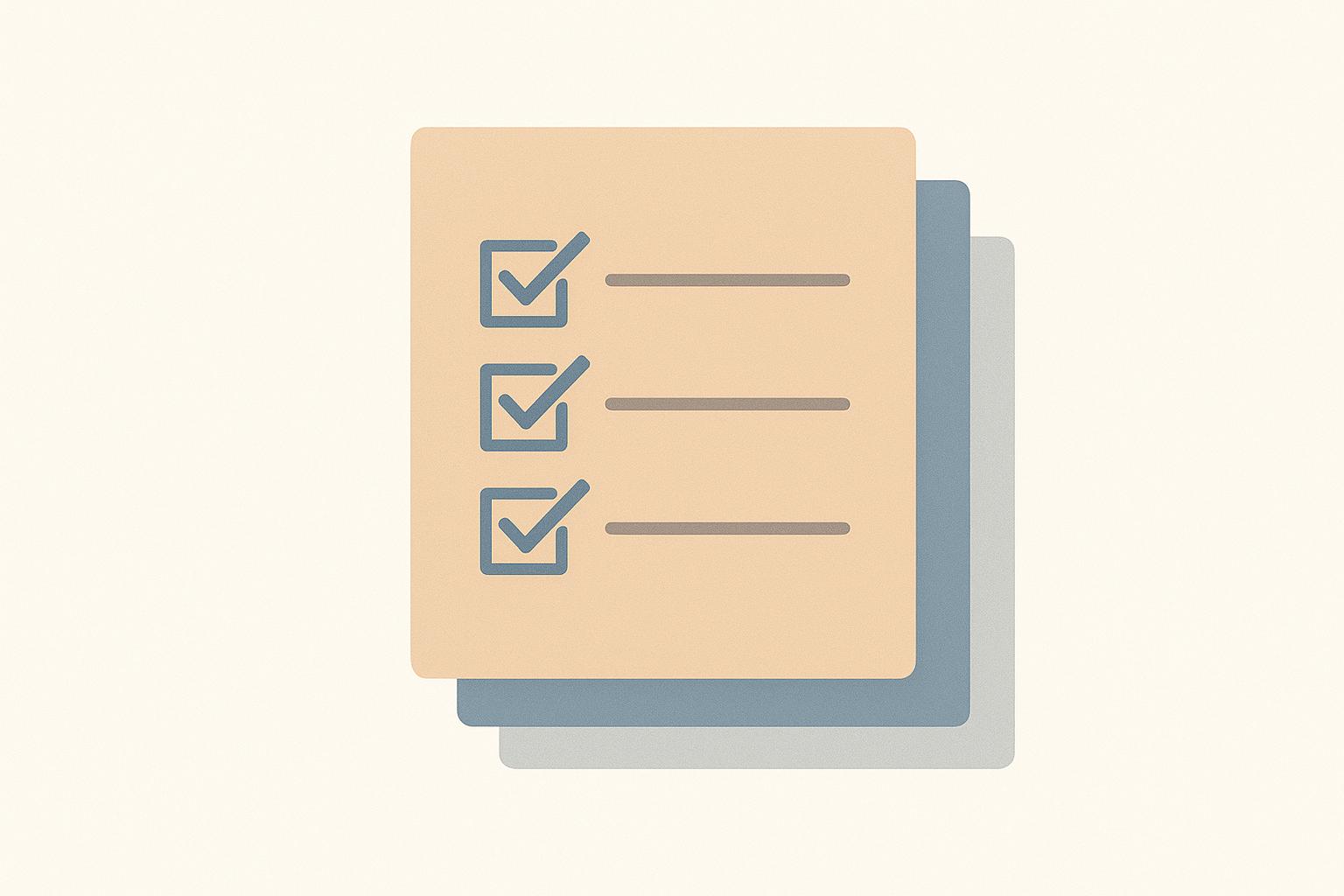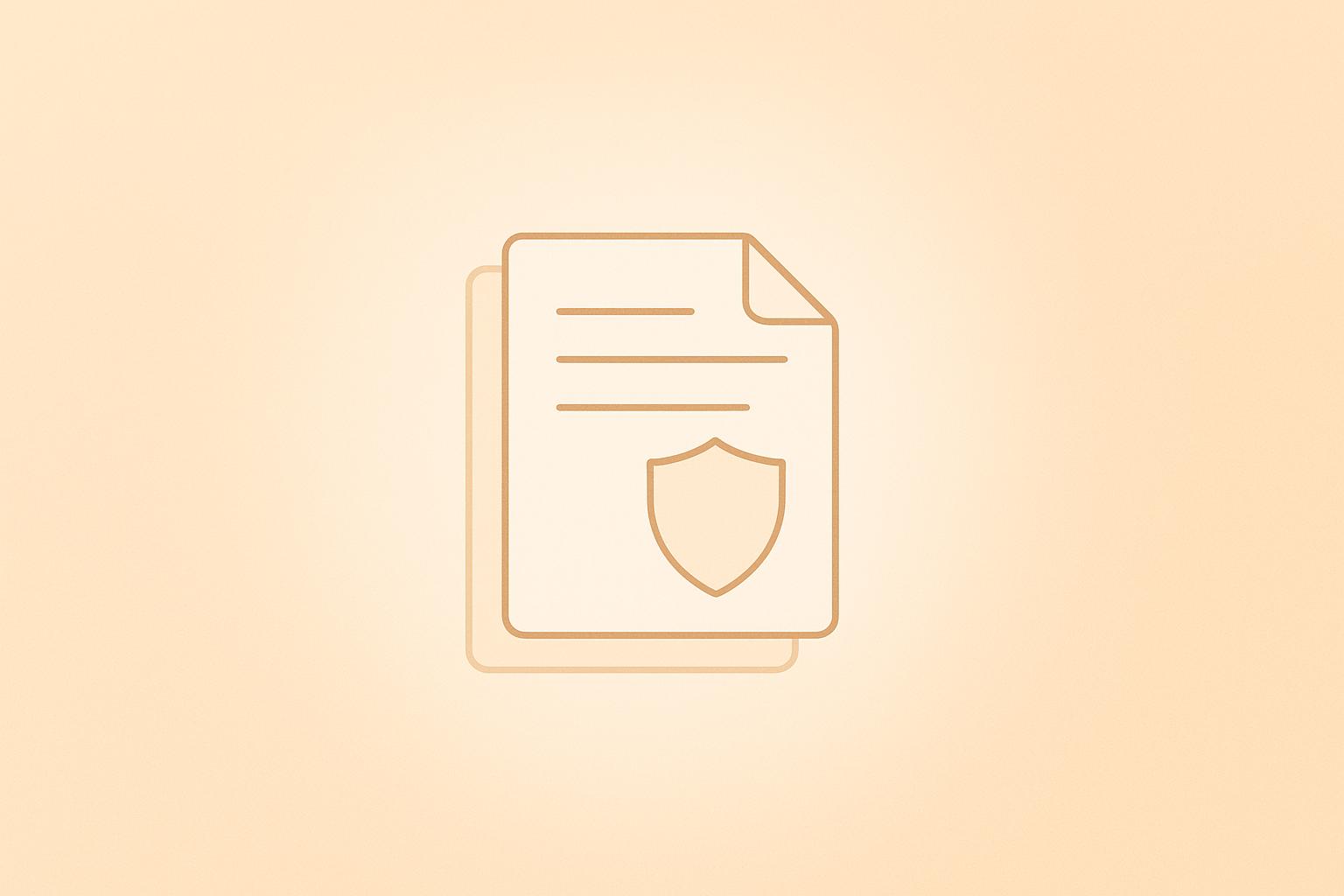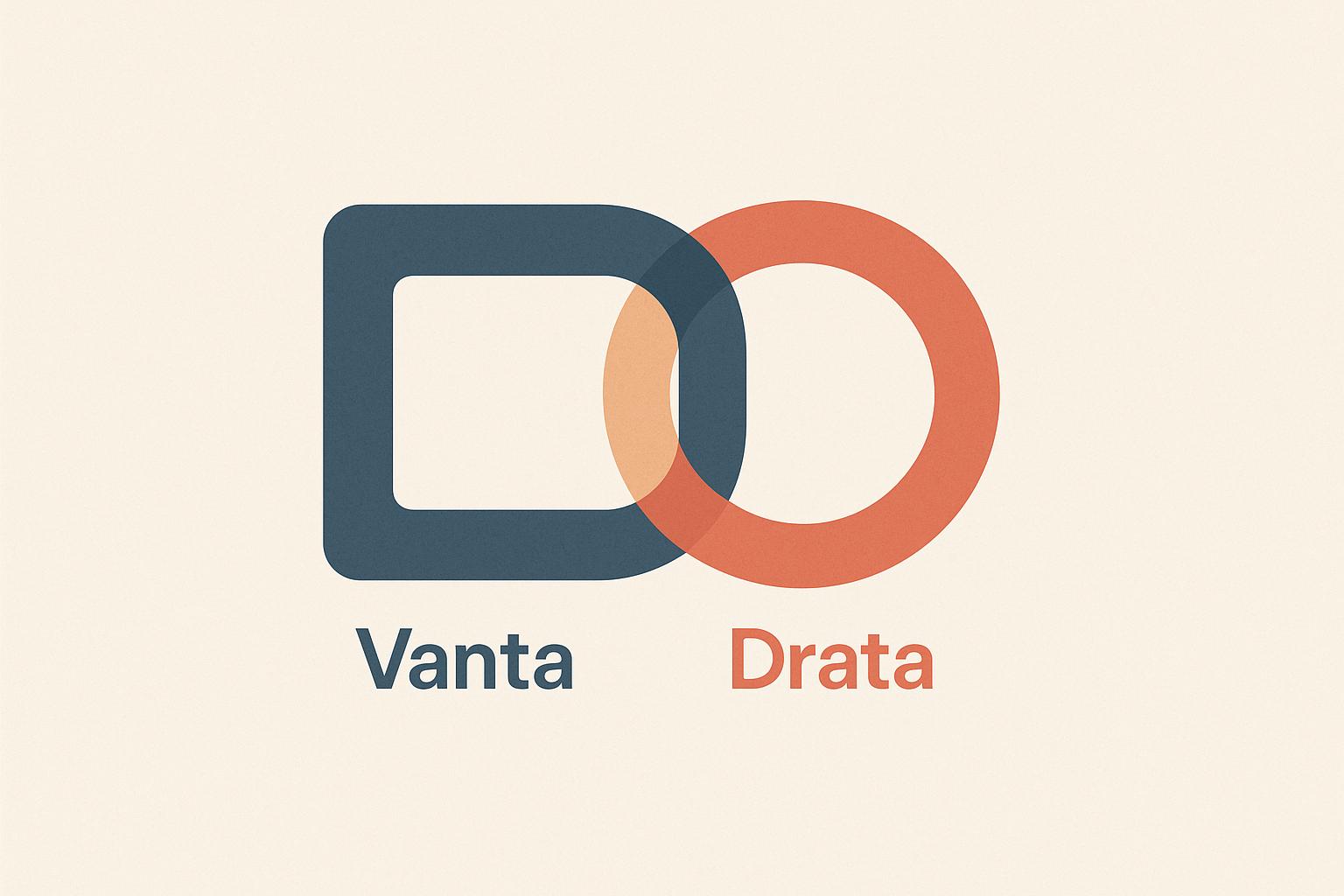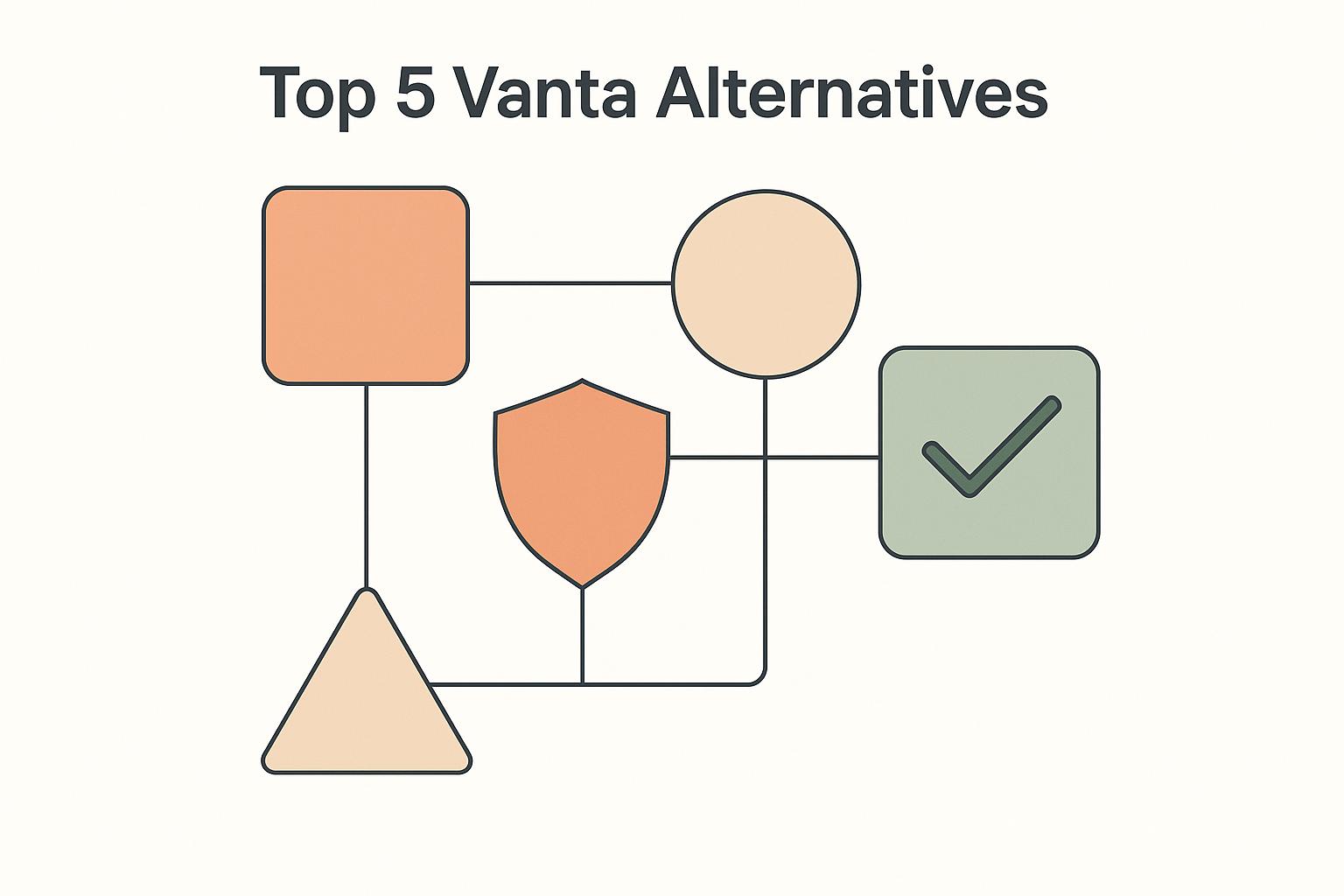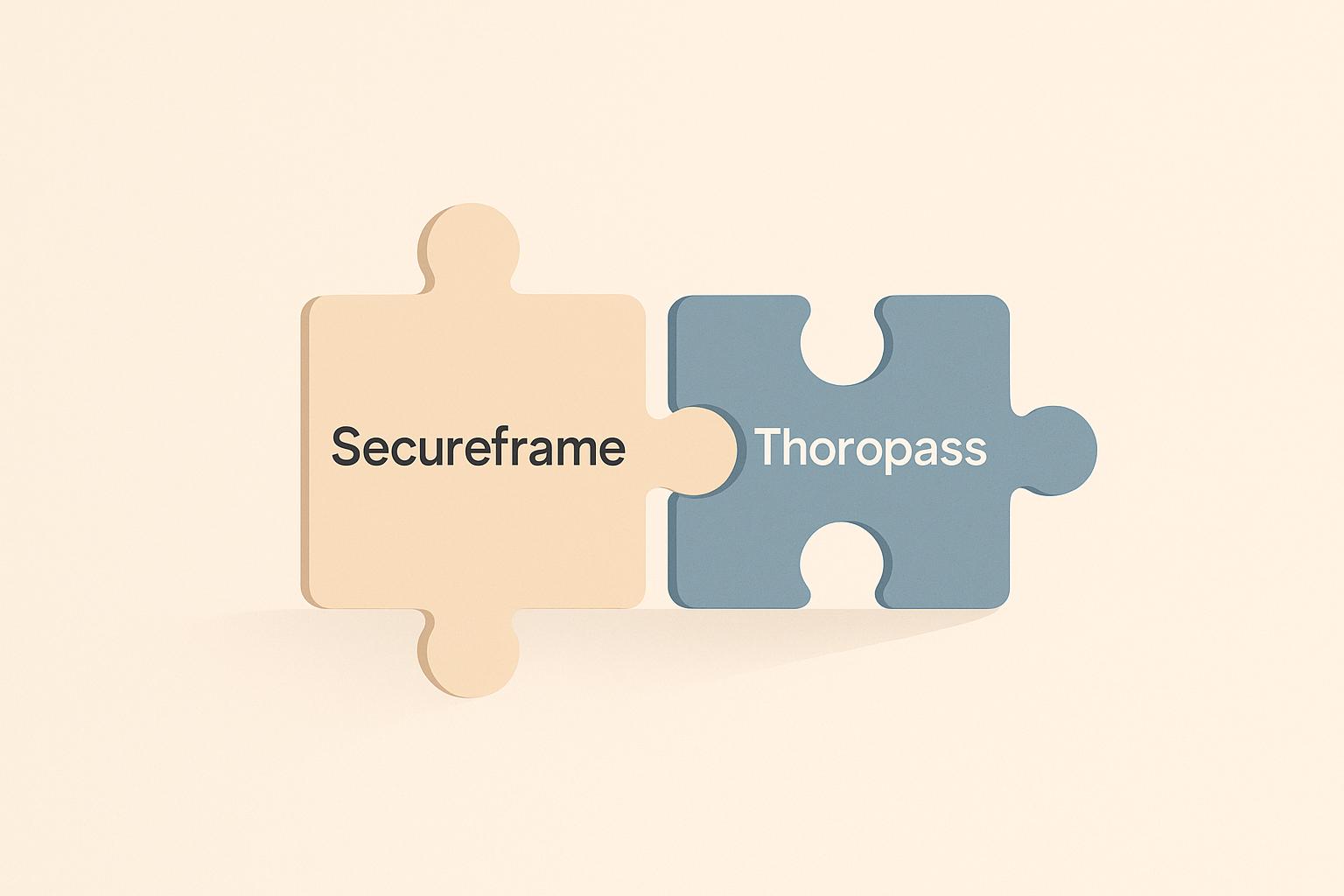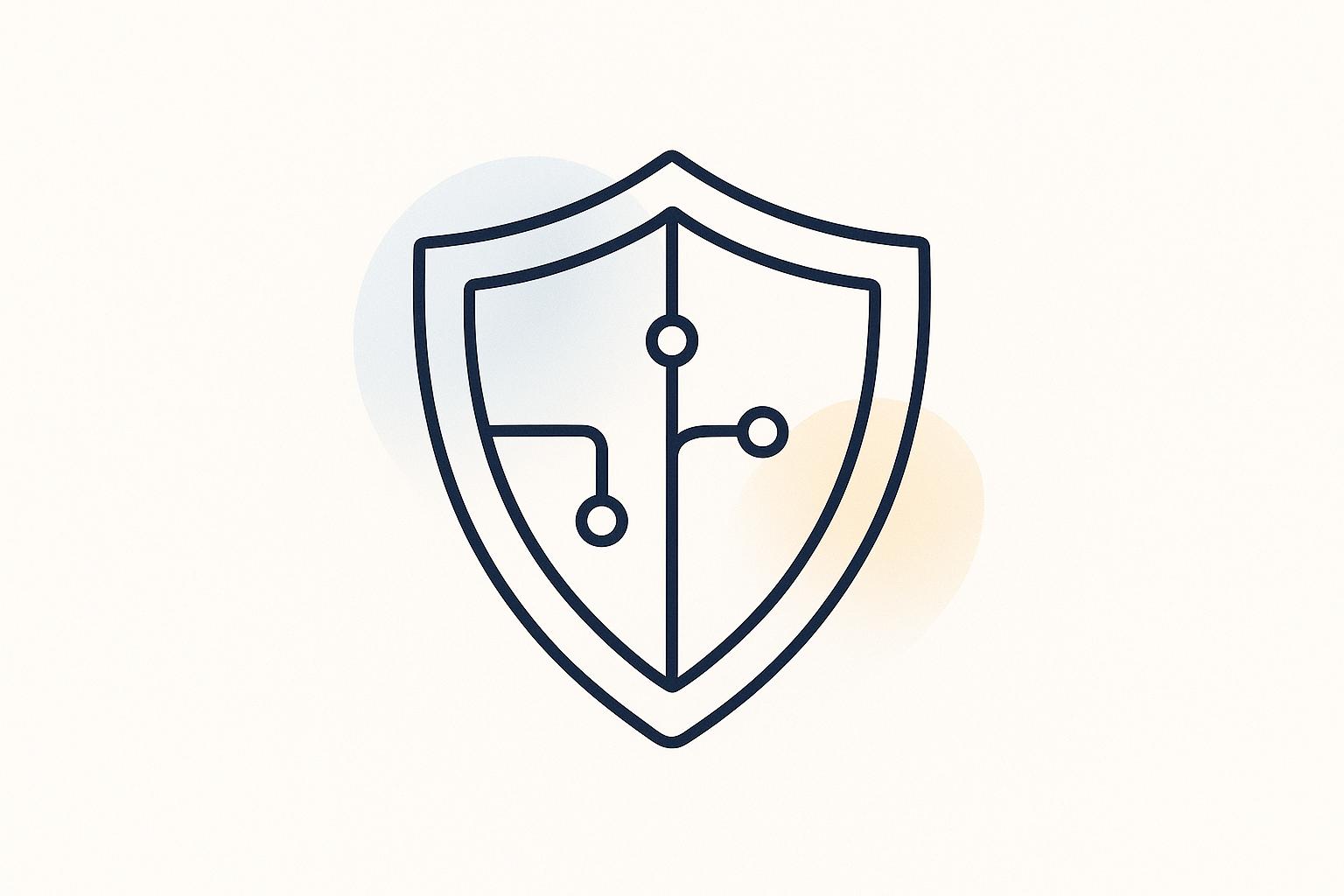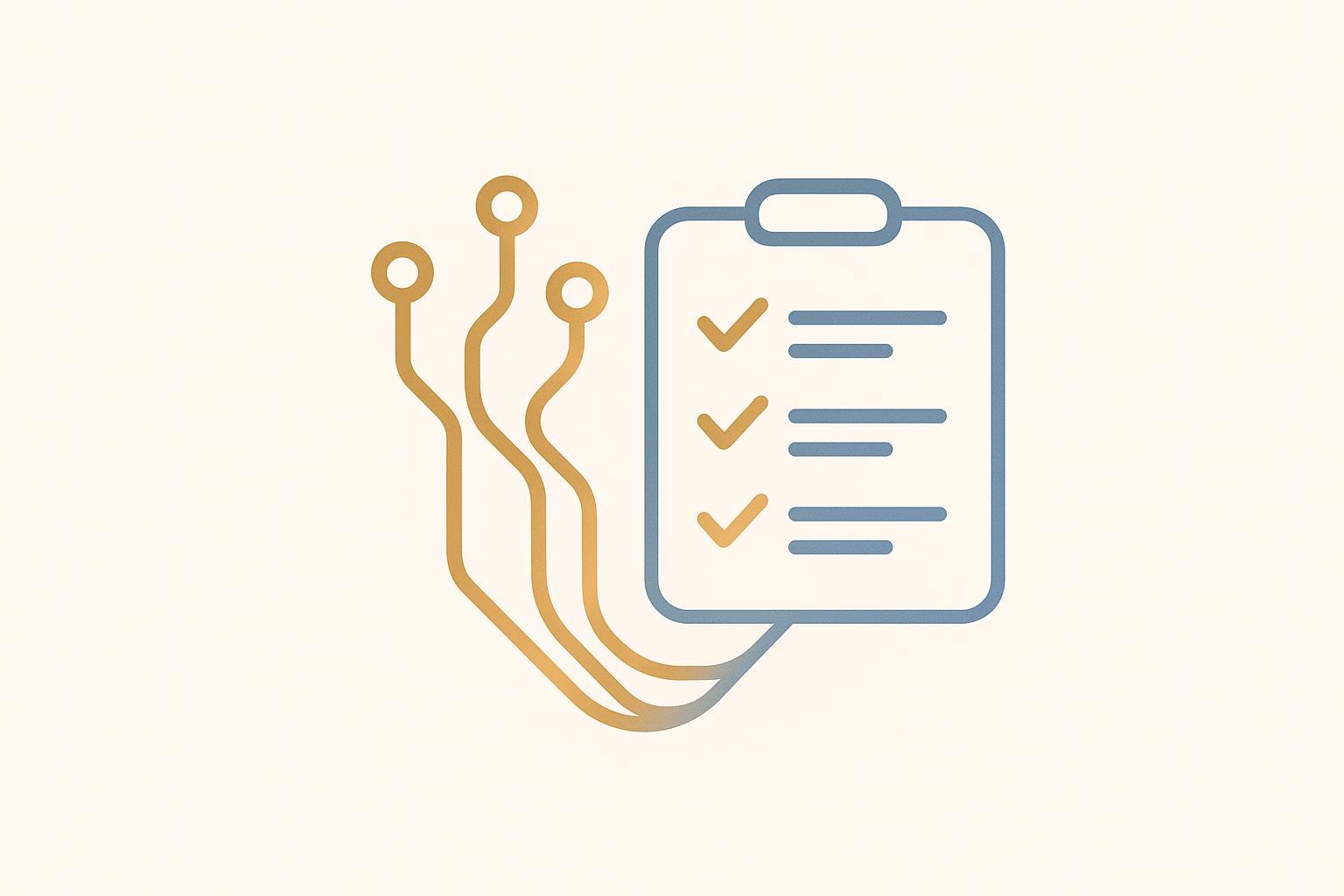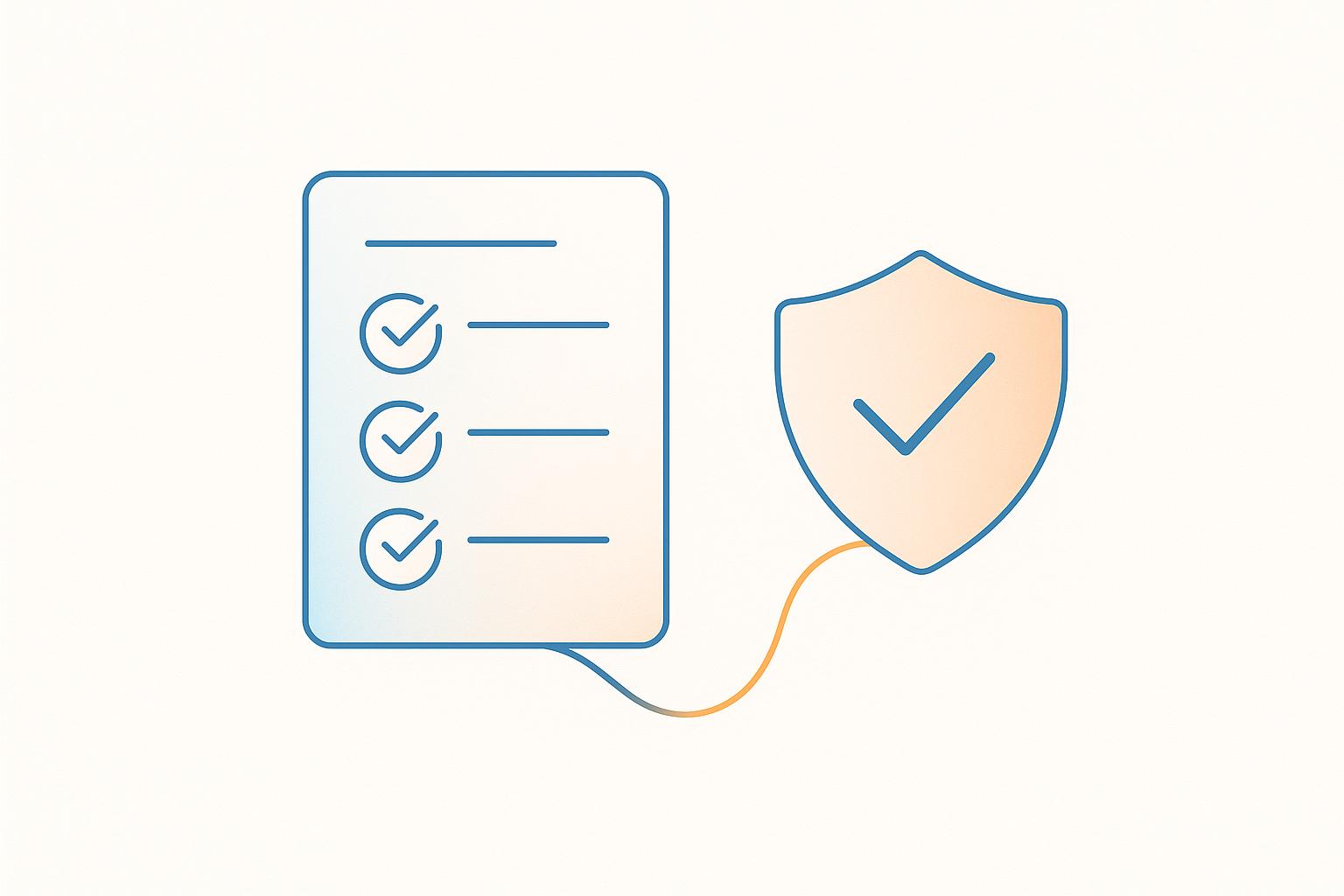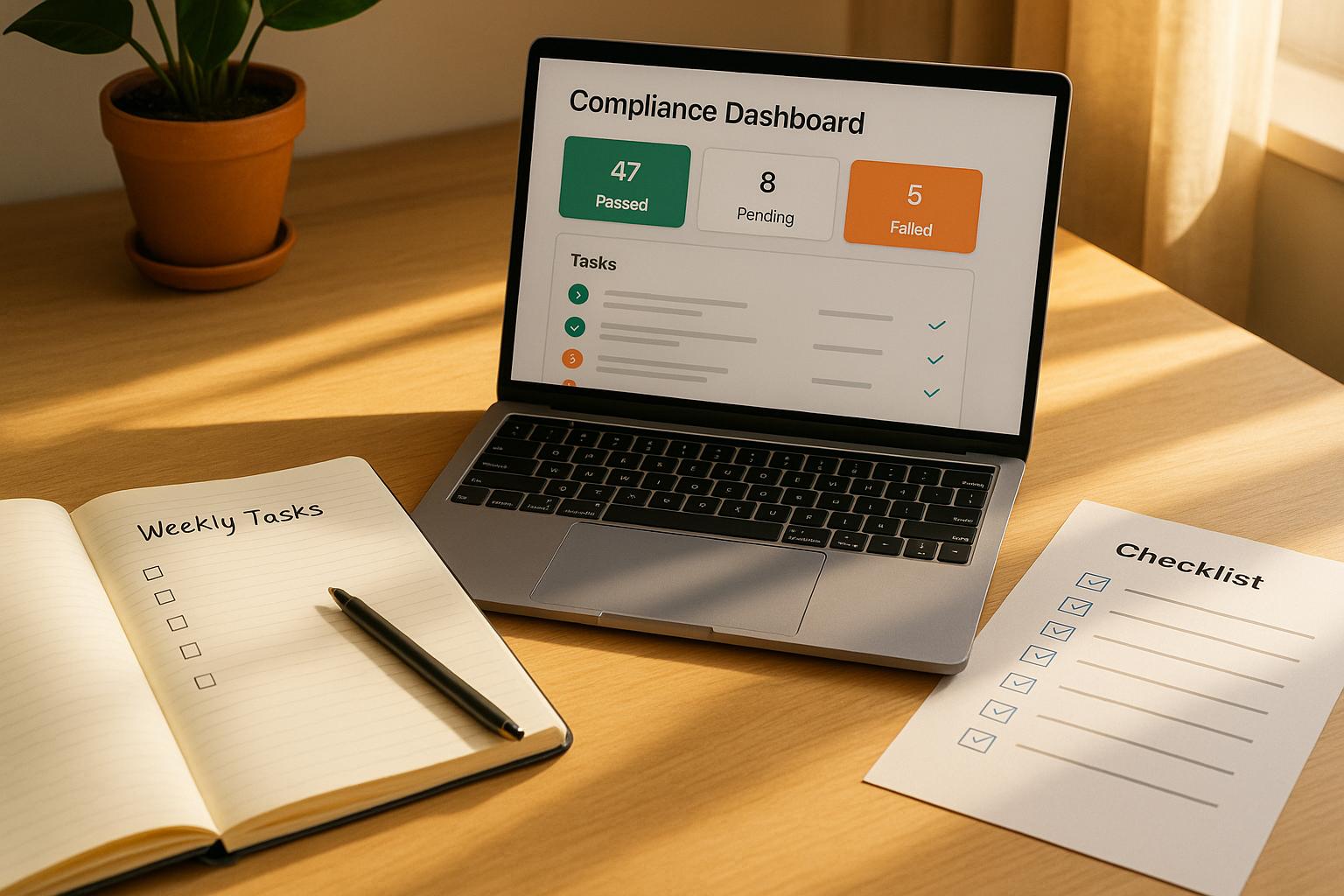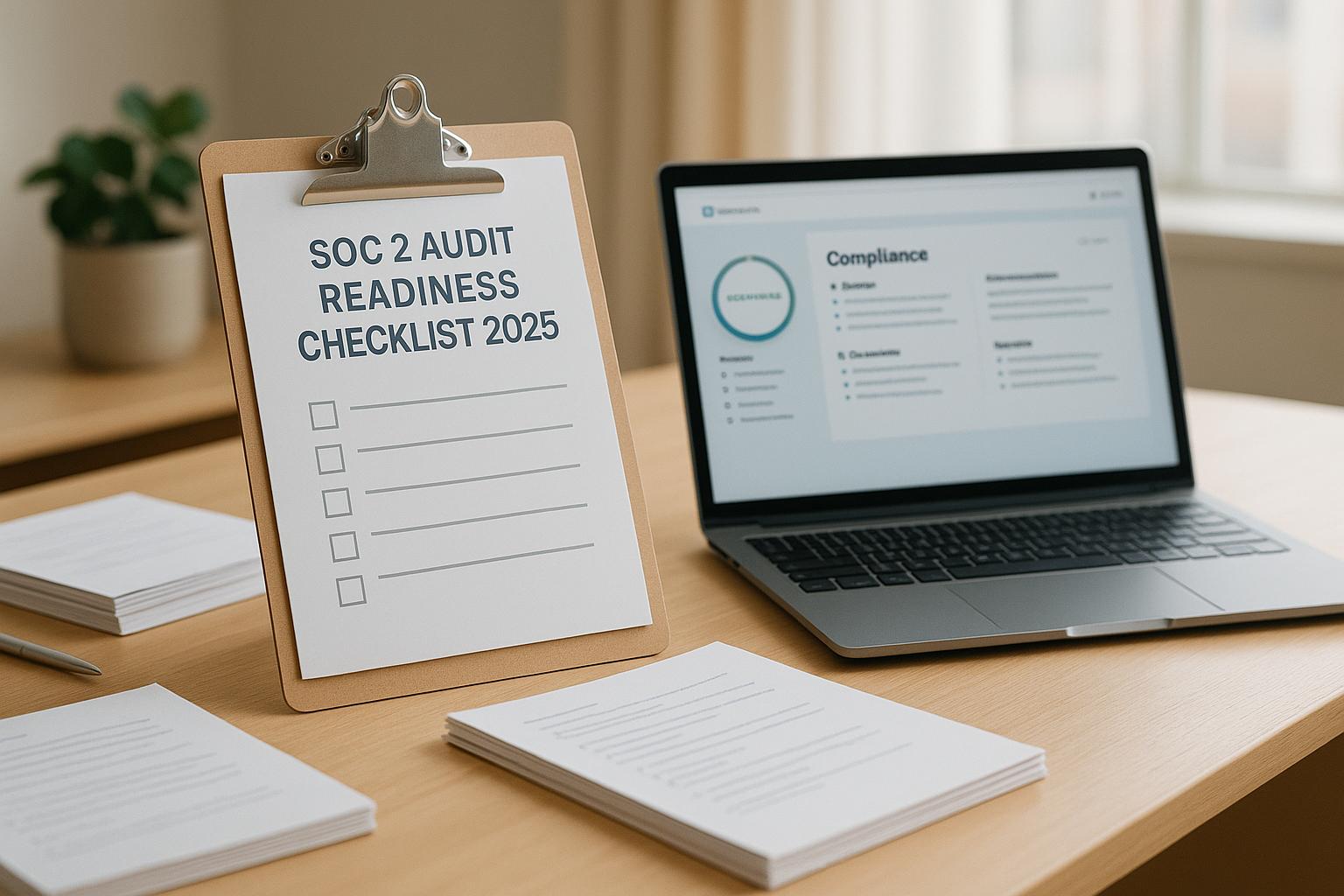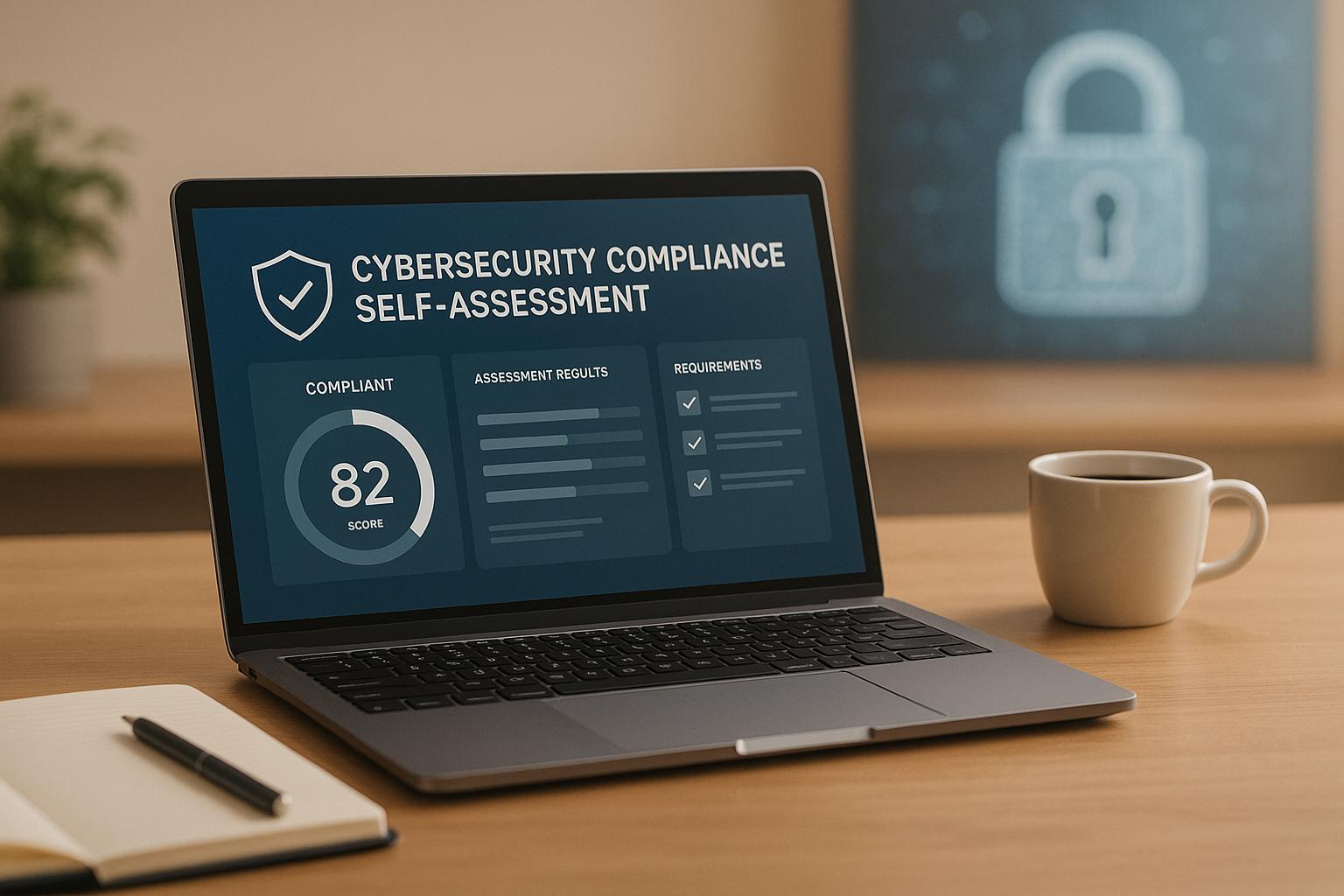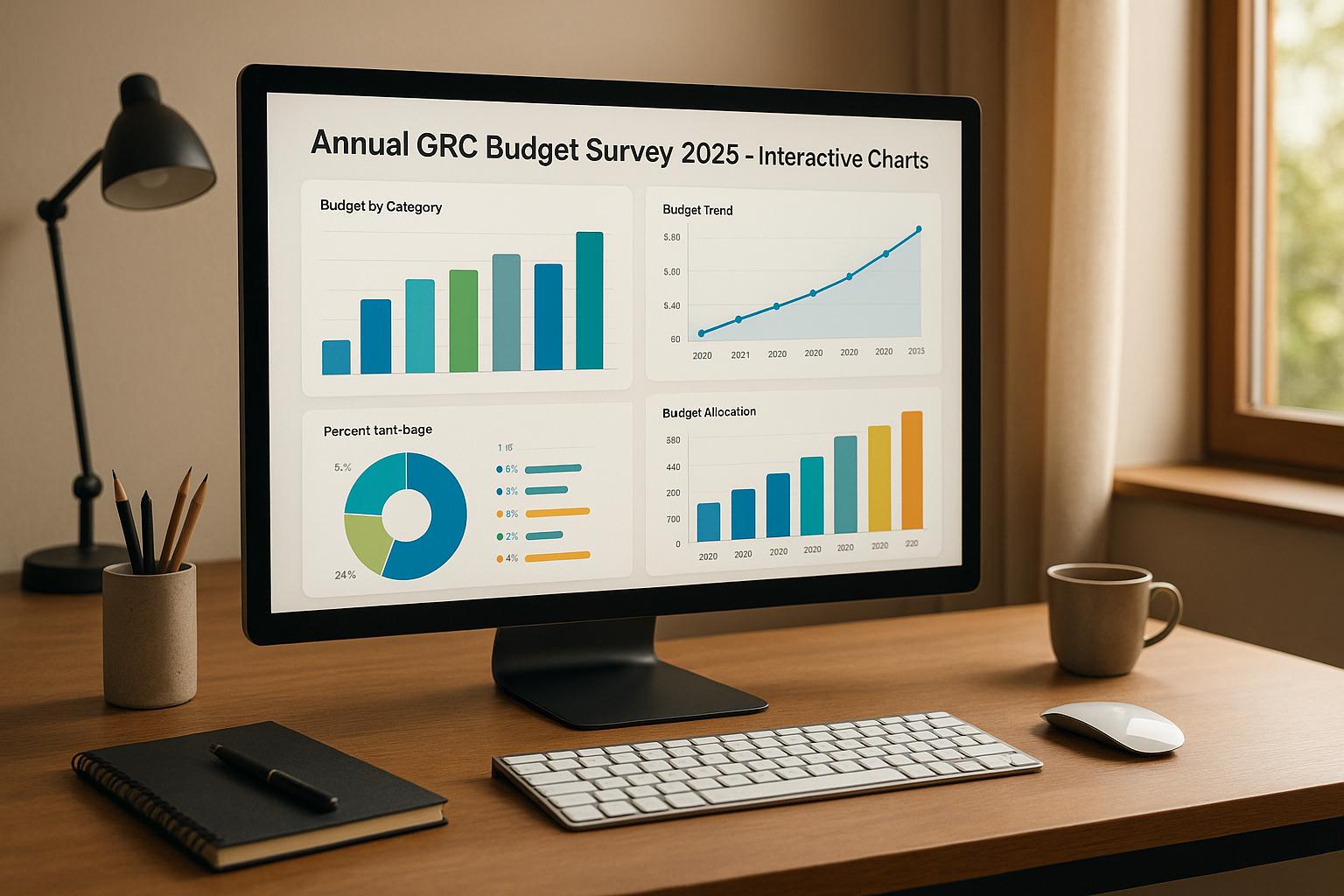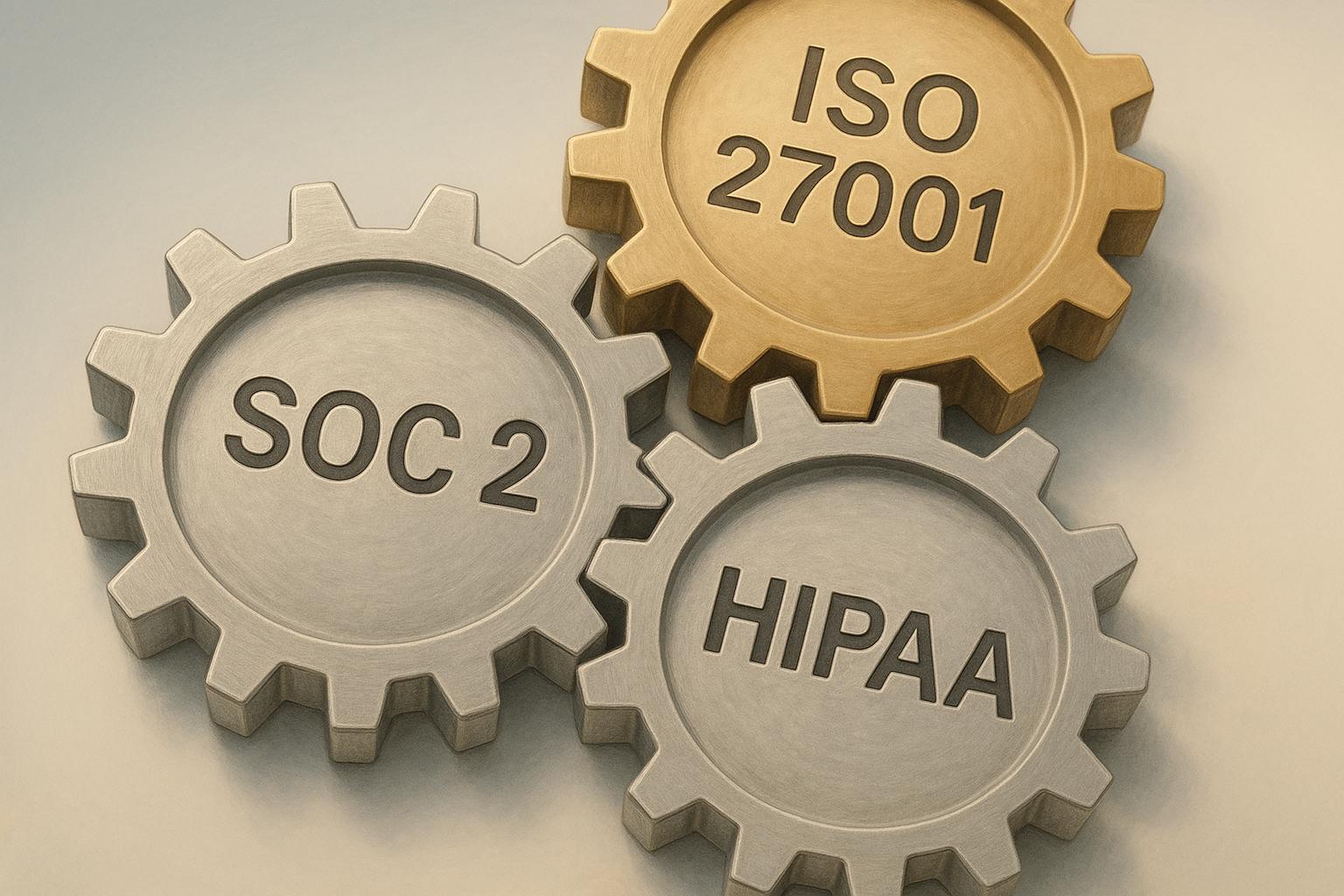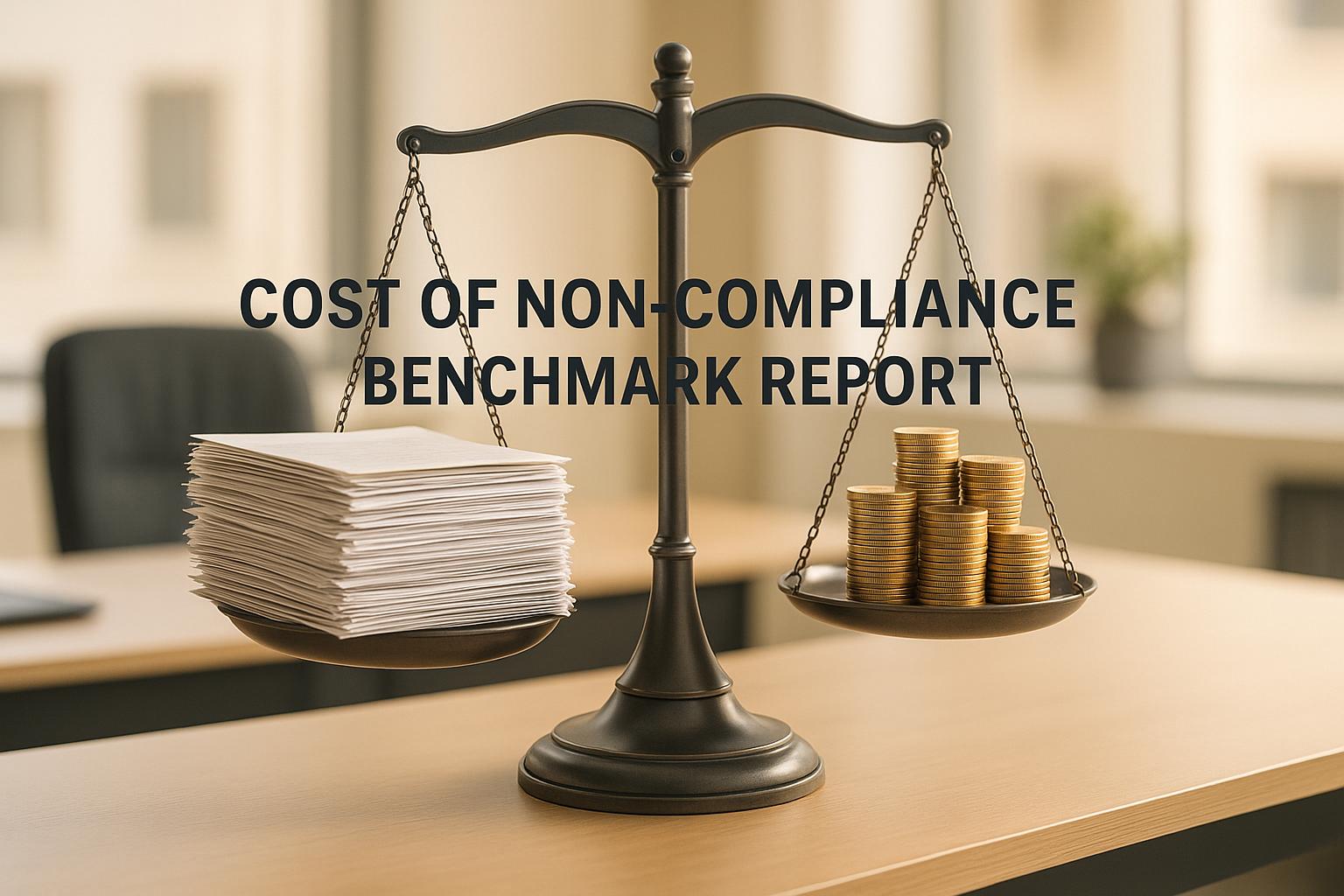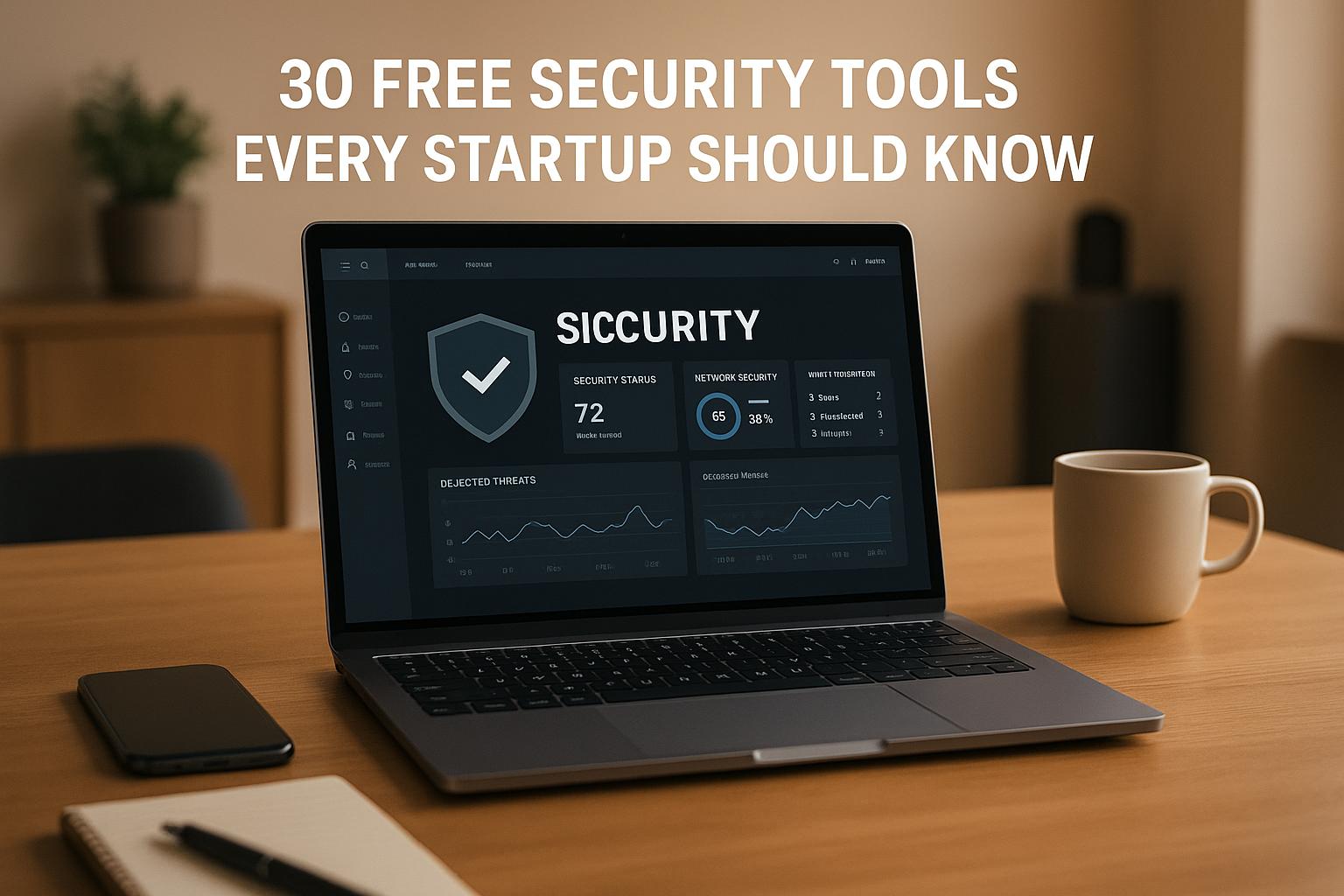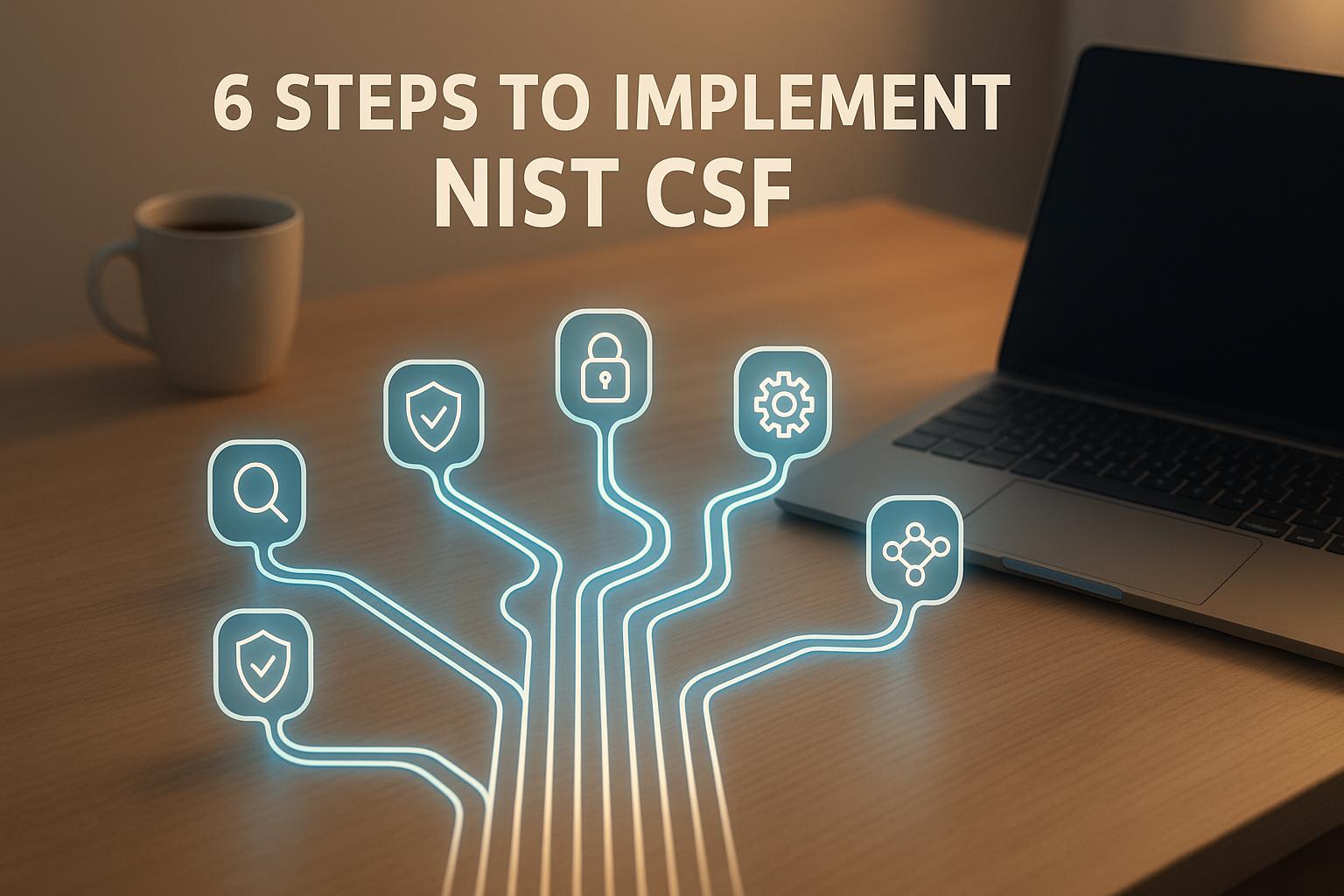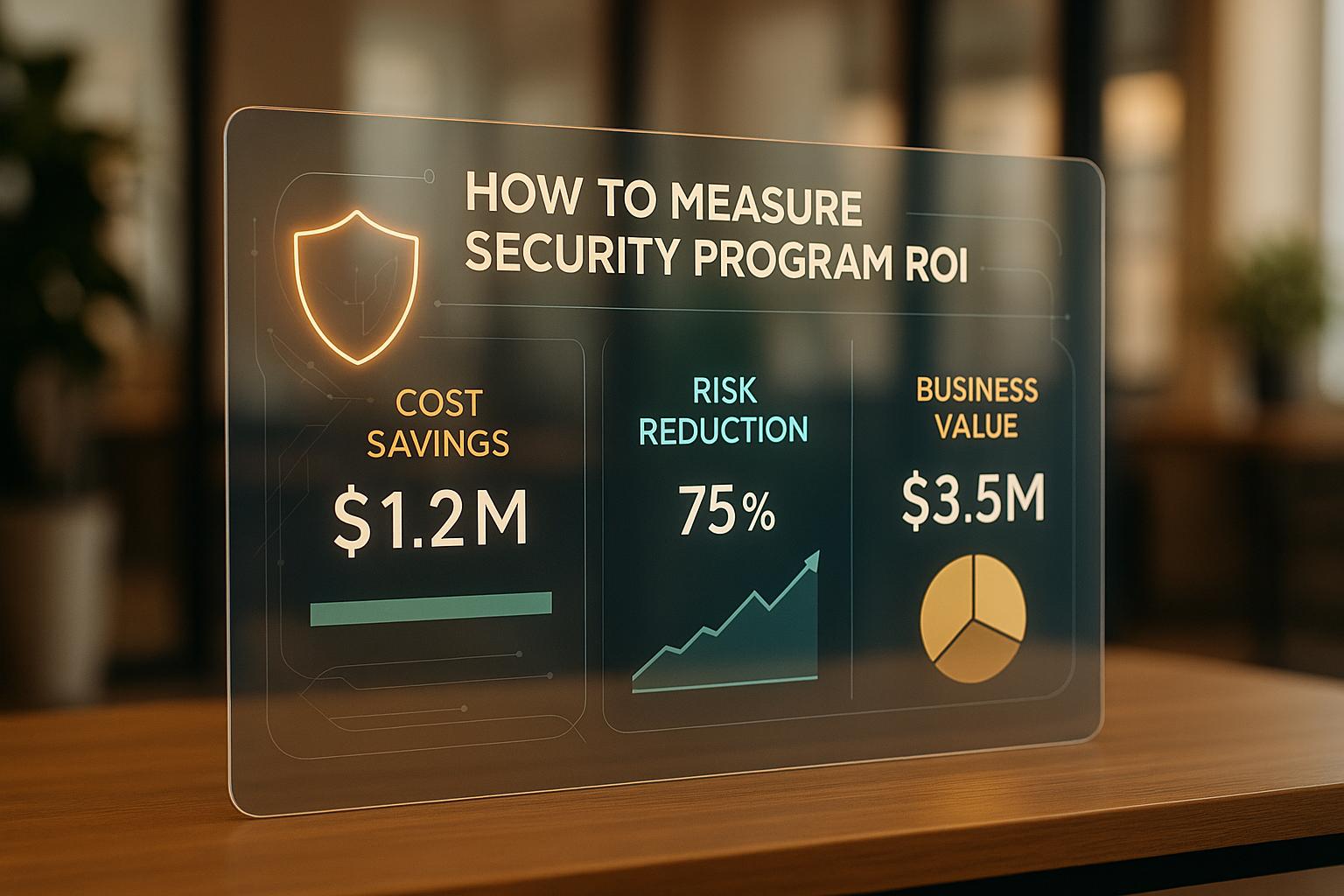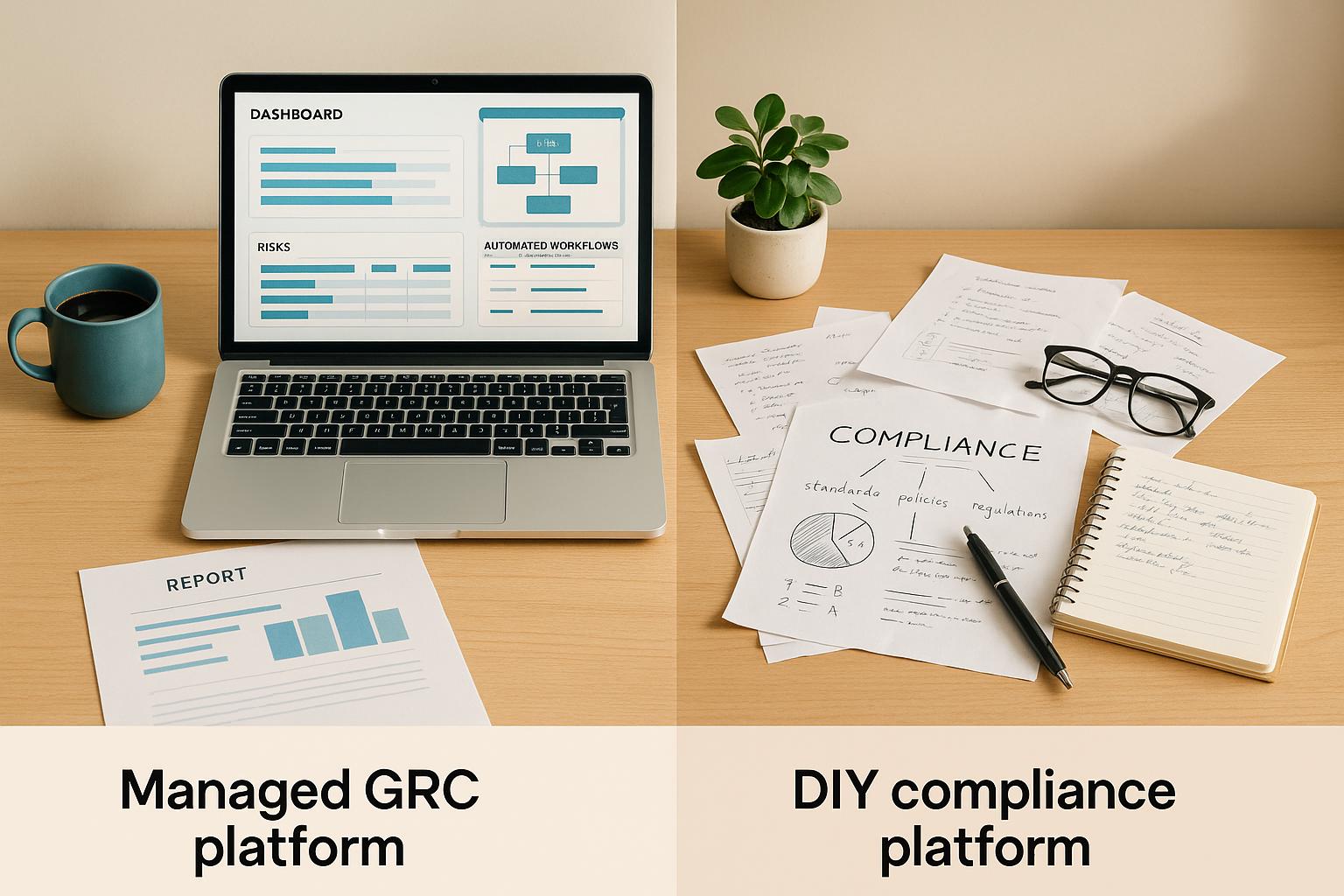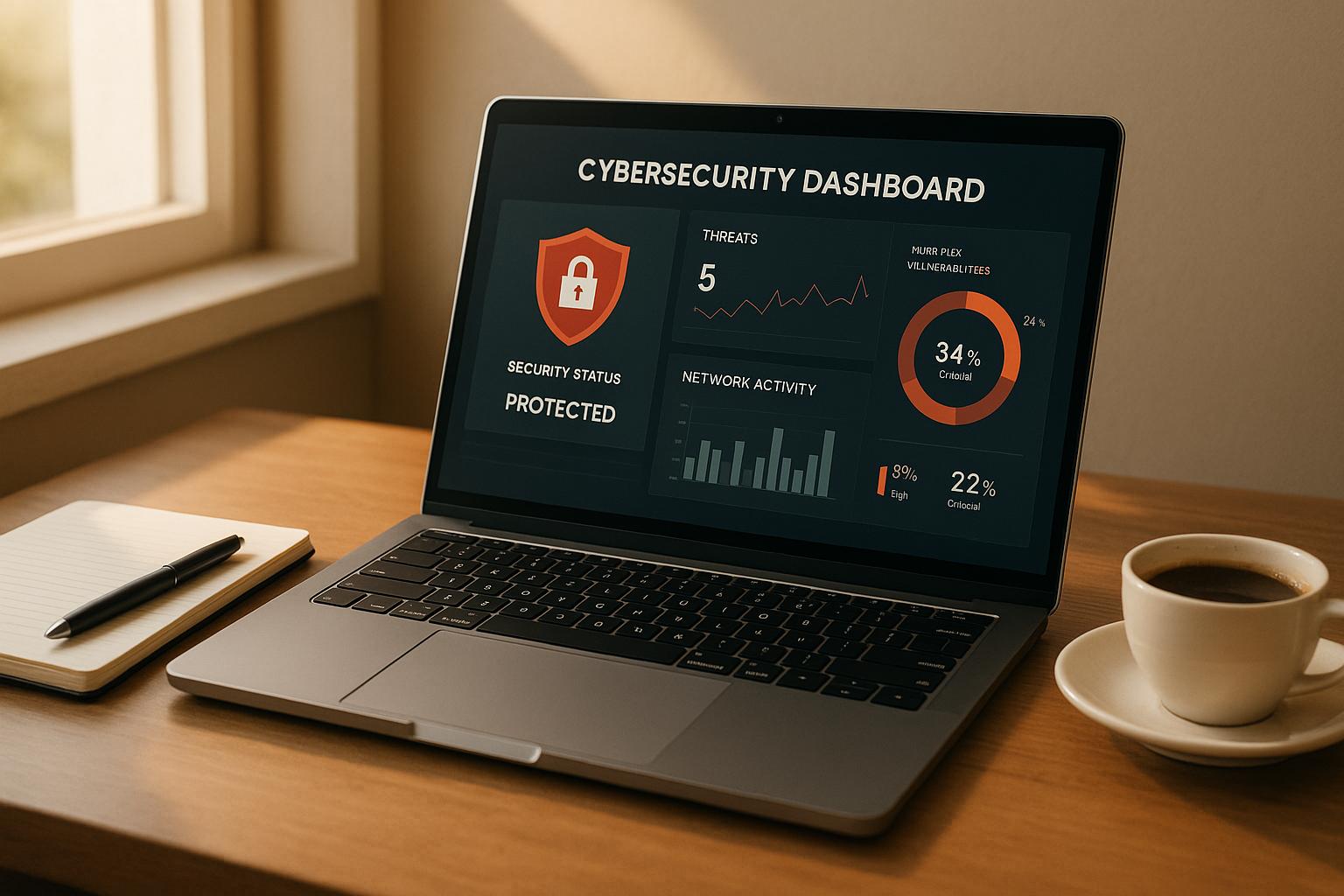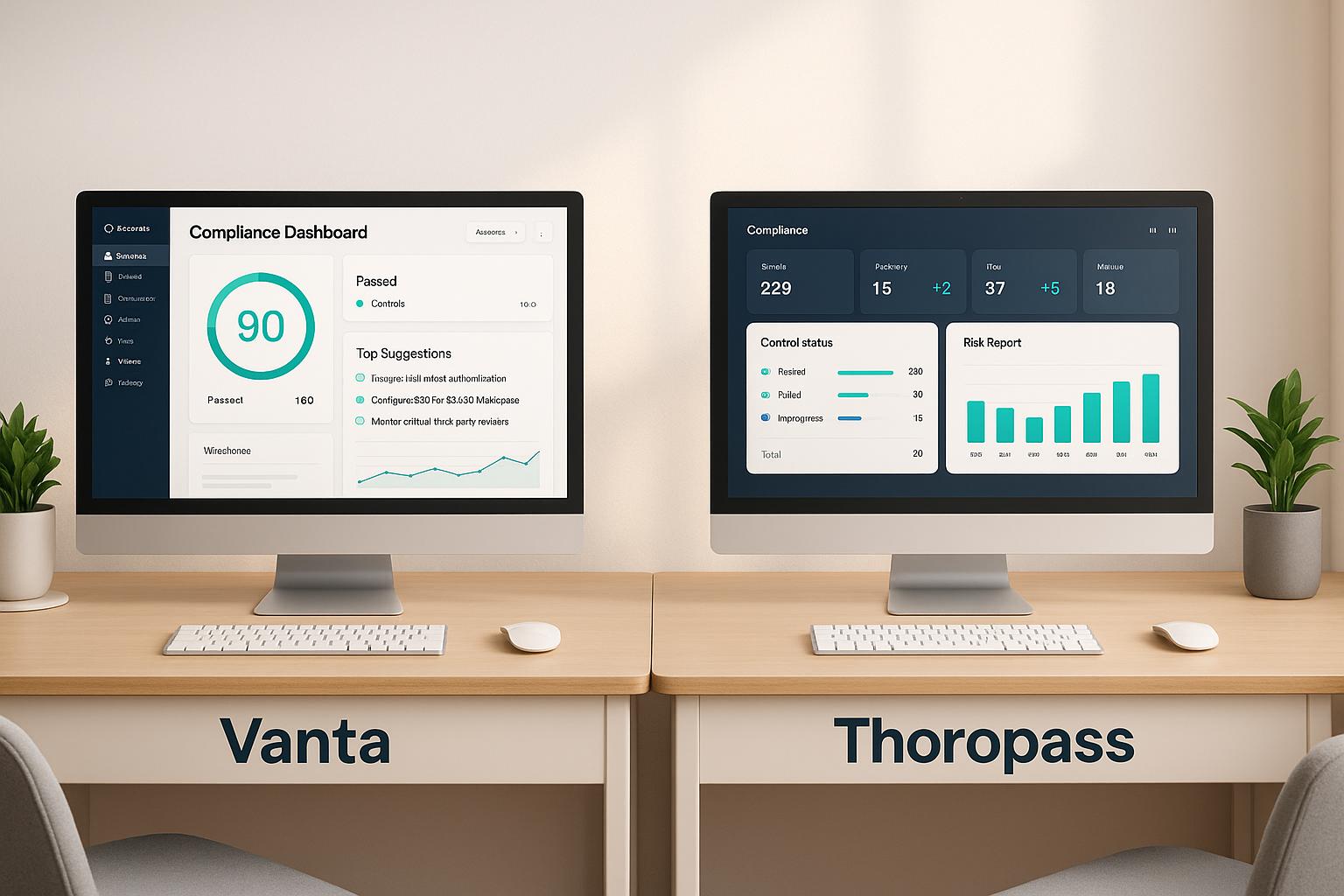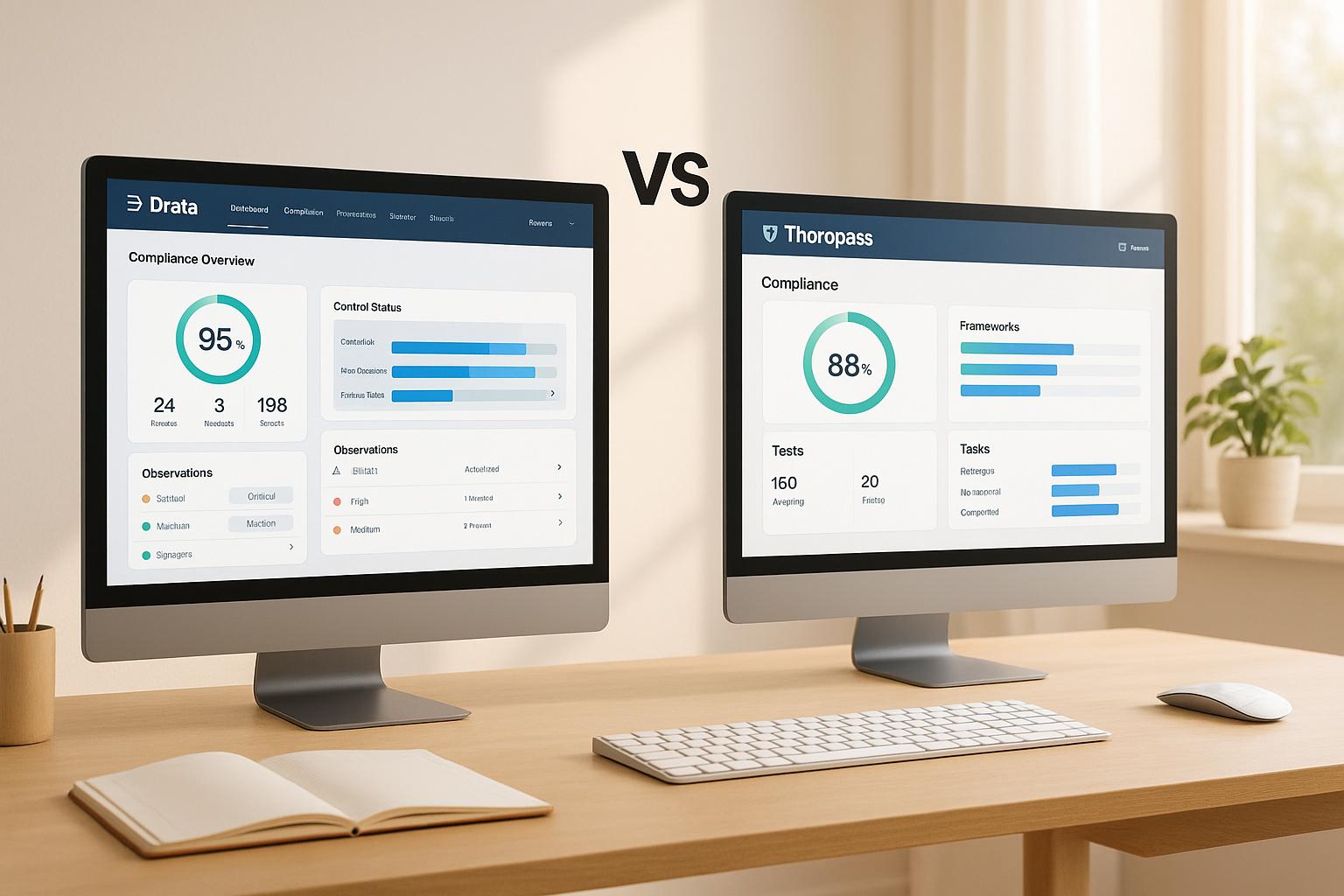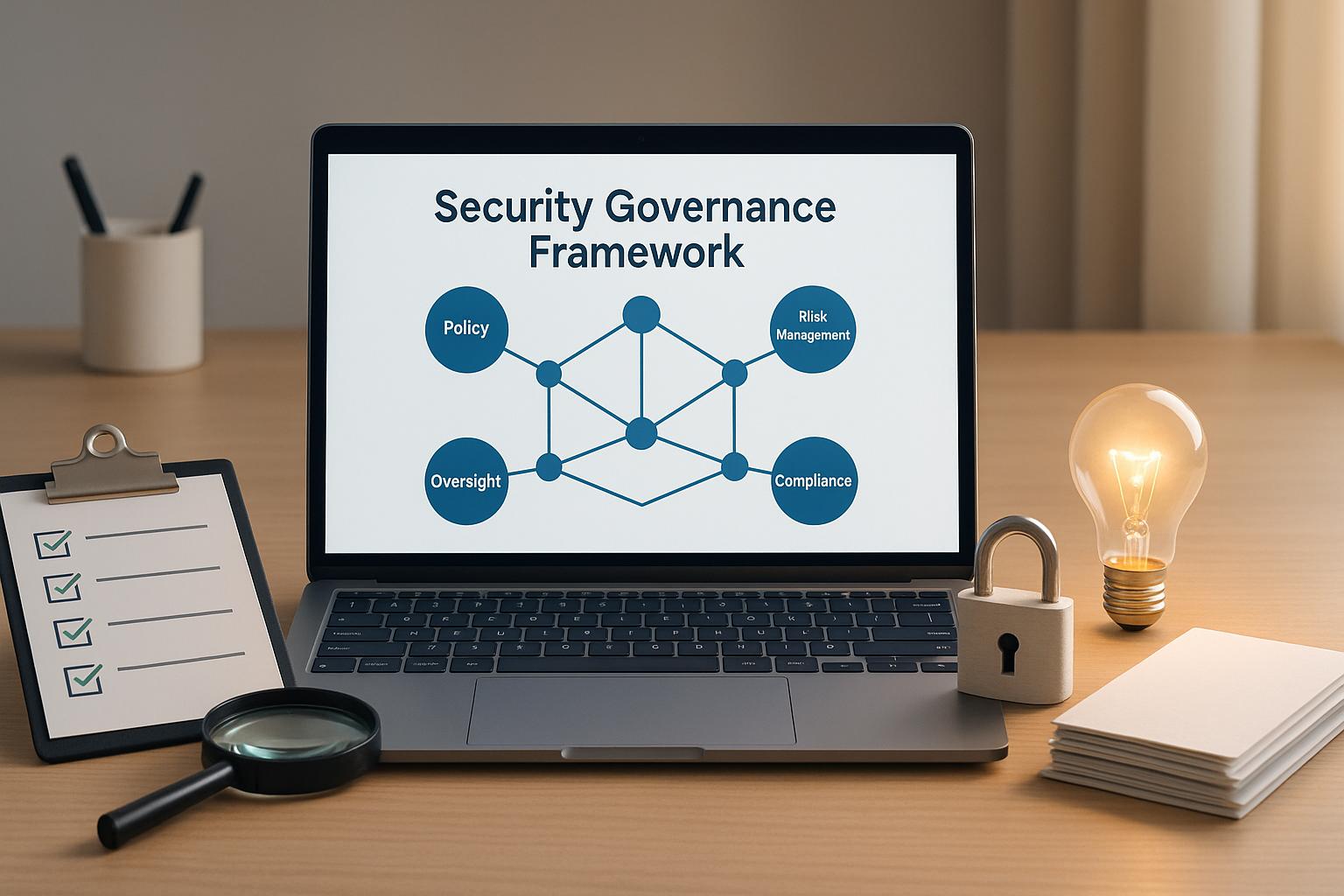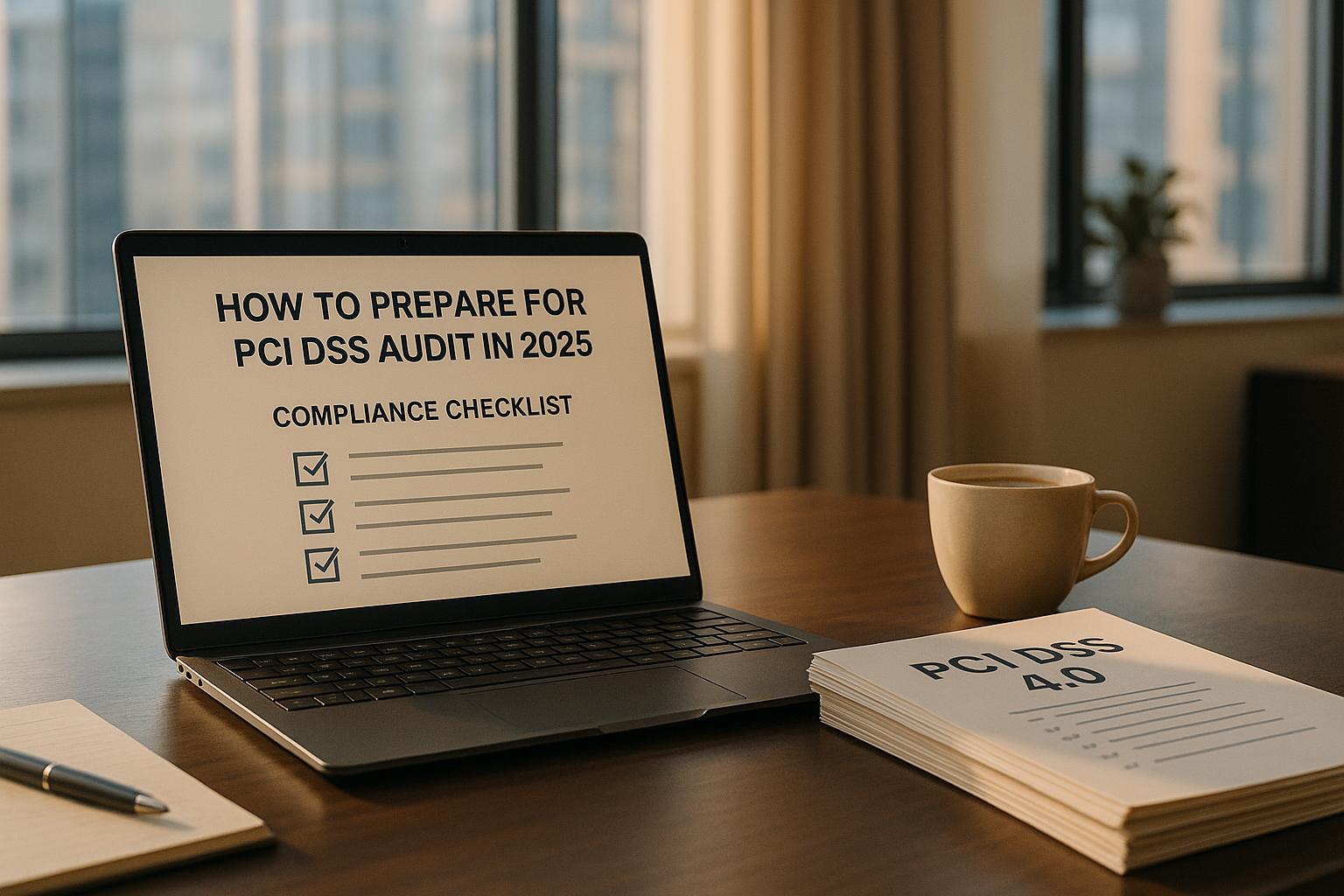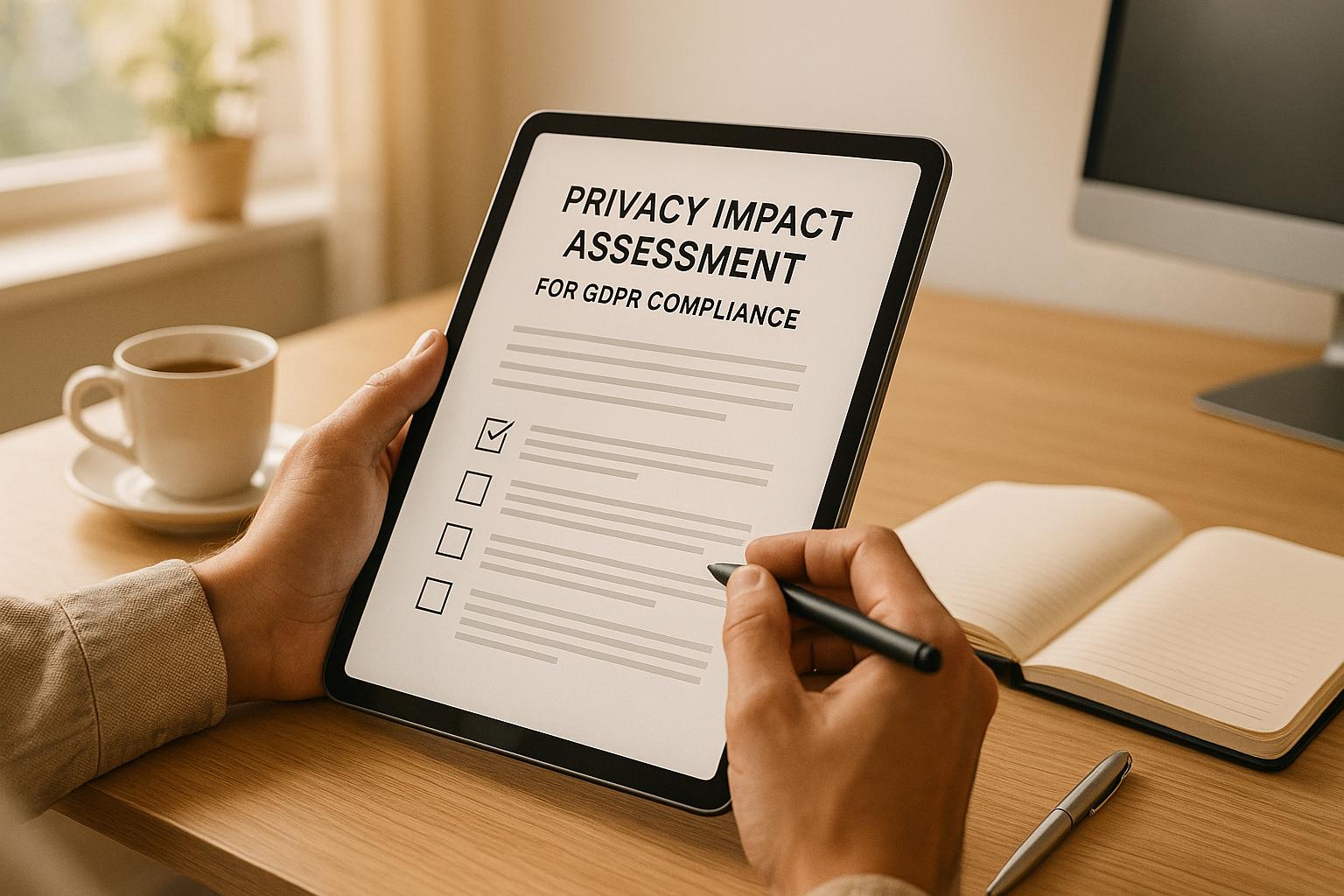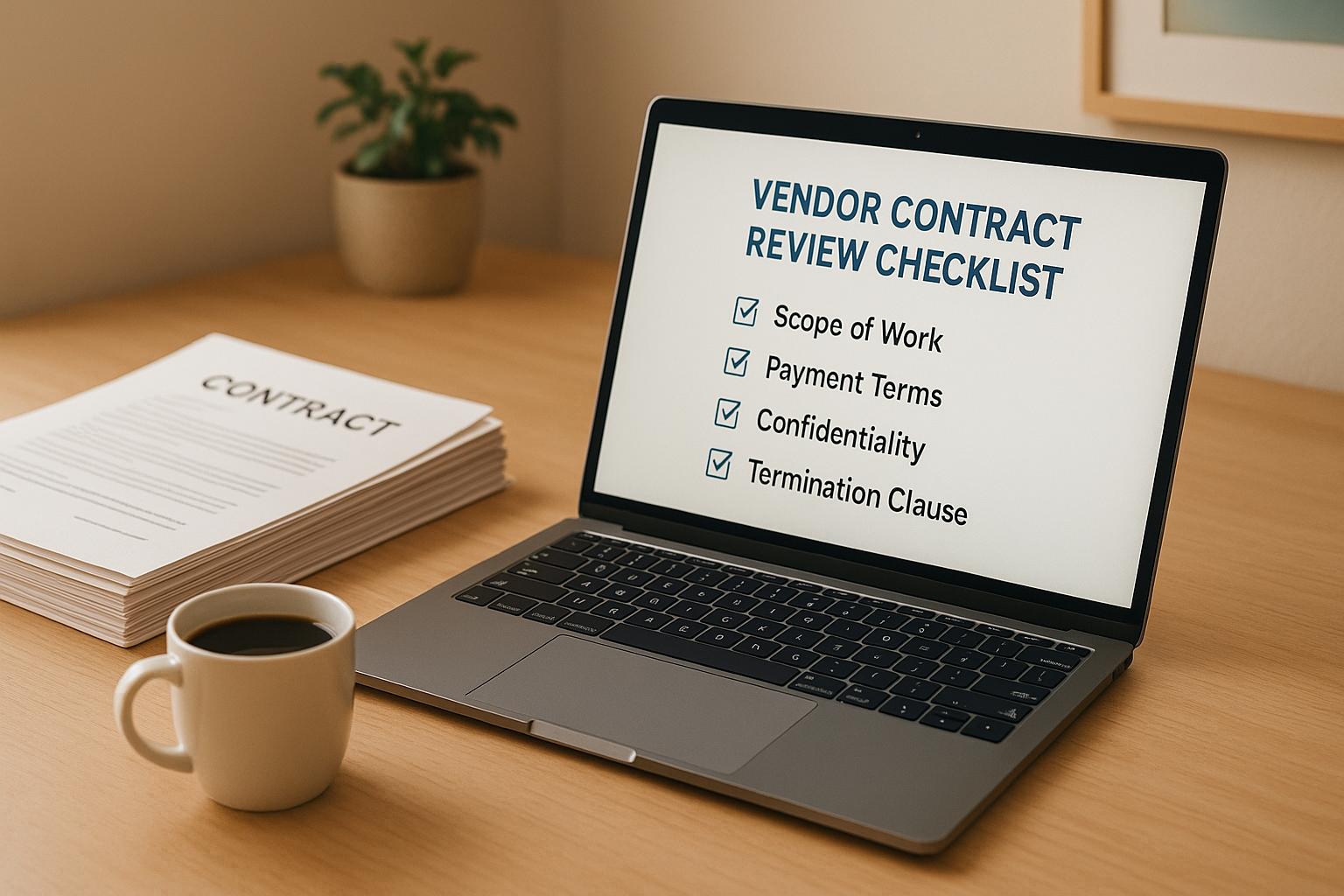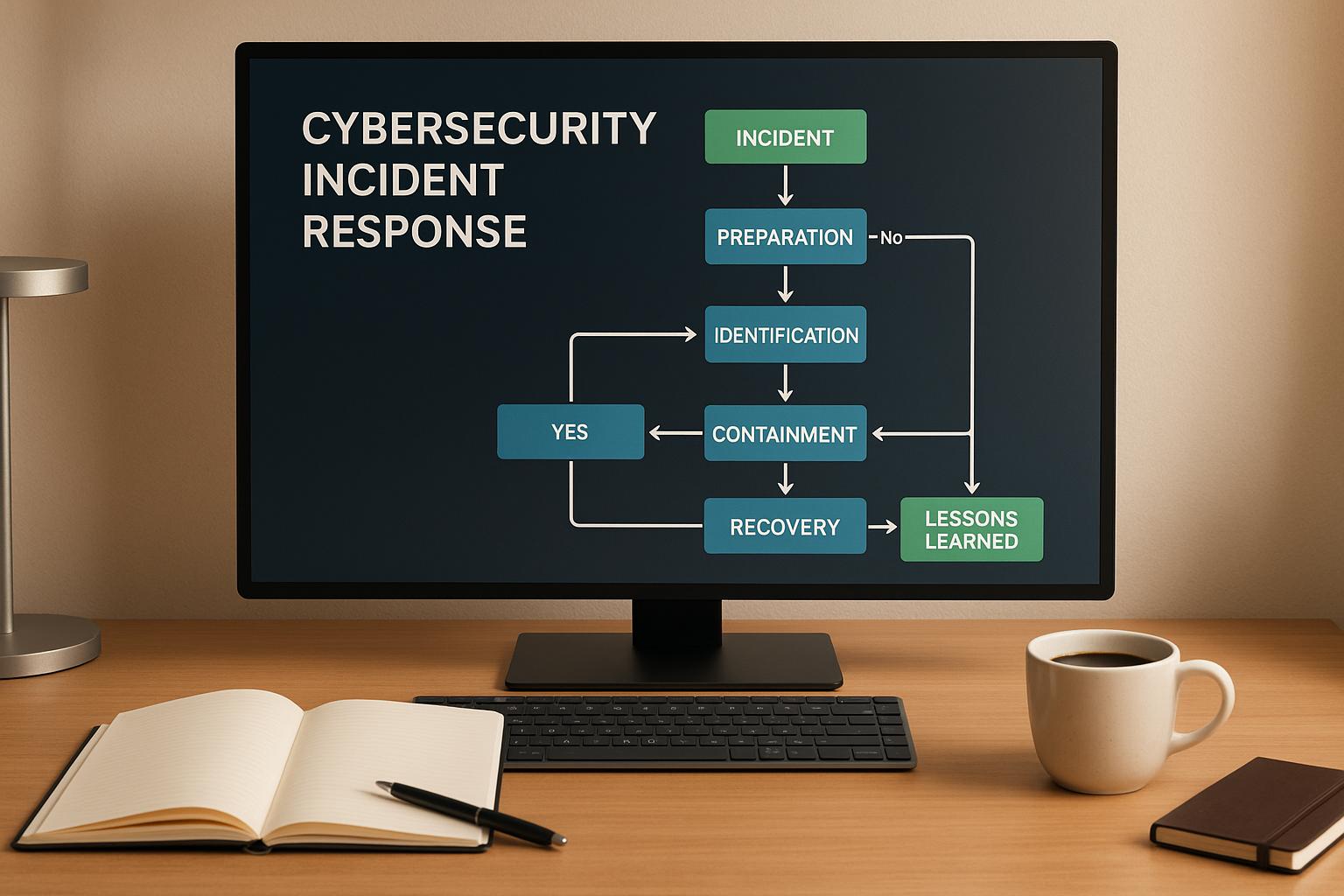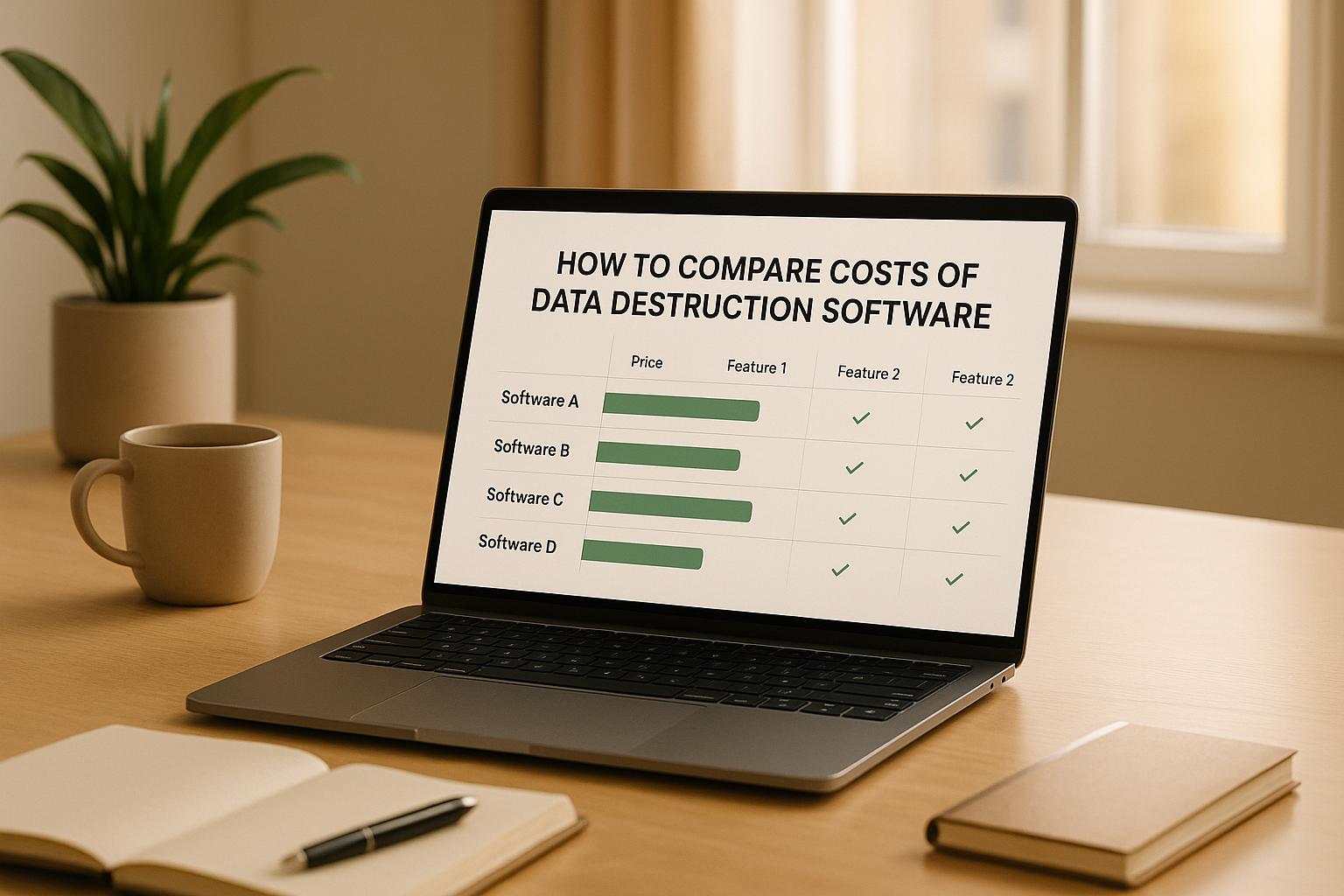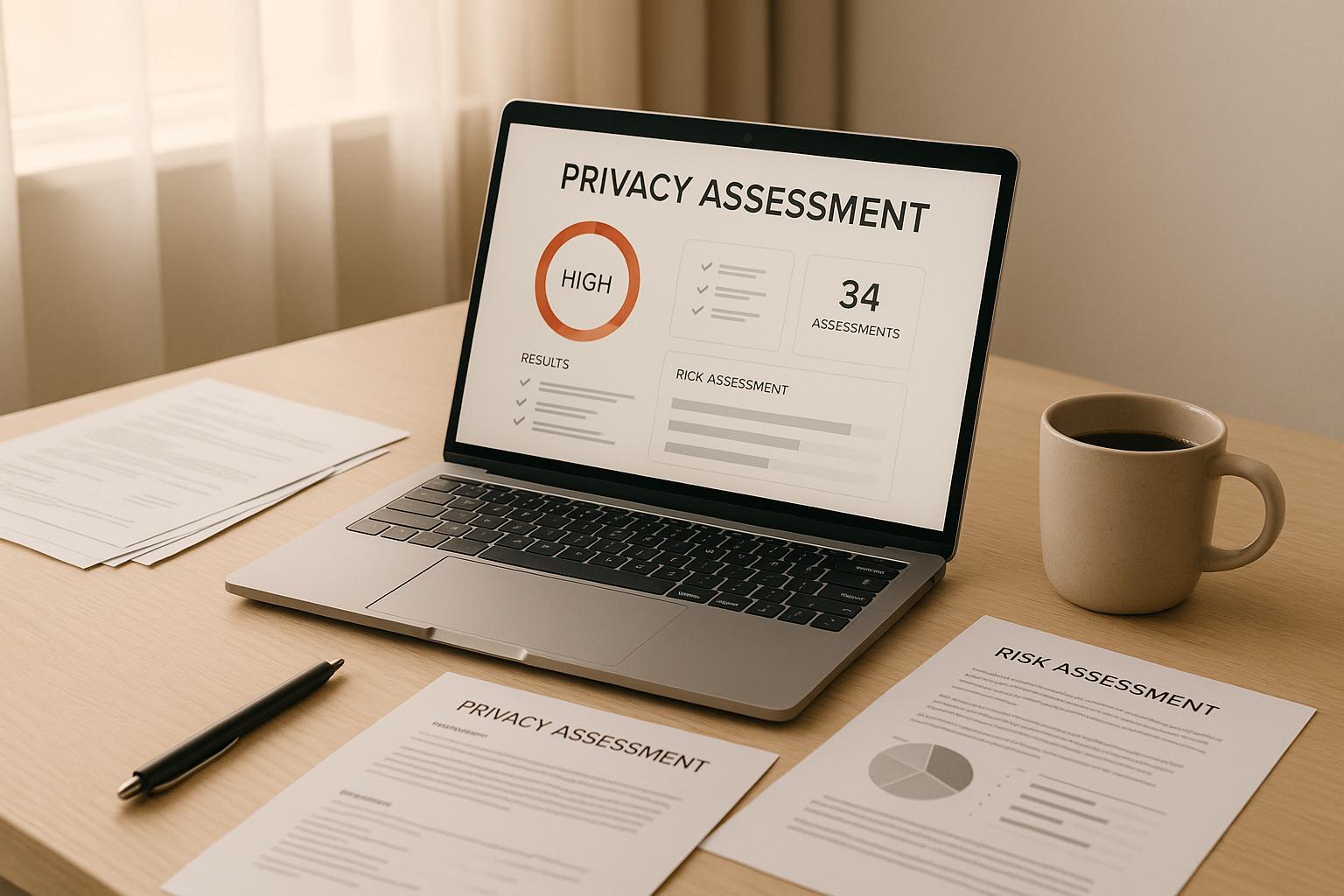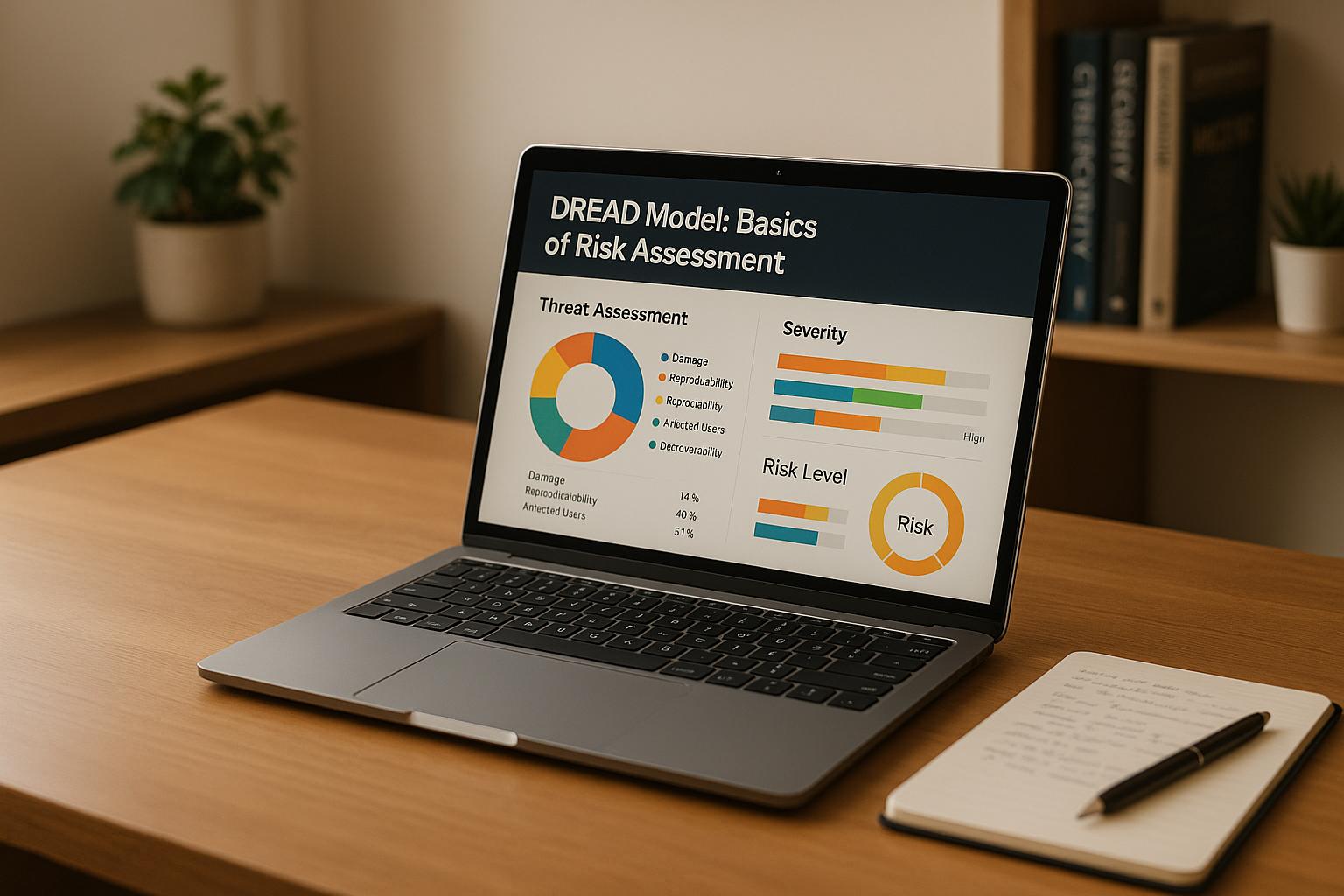
Managing shared passwords securely is essential for meeting compliance standards like SOC2, HIPAA, ISO27001, and GDPR. Here's a quick breakdown of effective strategies and solutions:
- Role-Based Access Control (RBAC): Restrict password access based on job roles to improve security.
- Password Vault Systems: Centralize shared credentials, encrypt data, and maintain detailed access logs.
- Audit Trails: Track password access and changes to simplify compliance audits.
- Encryption: Protect passwords during storage and transmission.
- Compliance Tools: Use solutions like Cycore's system to automate compliance with frameworks like SOC2 and HIPAA.
Key Features to Look For:
- Access Control: Role-based permissions.
- Audit Capability: Real-time monitoring and logging.
- Integration: Compatibility with Single Sign-On (SSO) and enterprise systems.
LastPass | Streamlining regulatory compliance with LastPass

1. Cycore Password Management

Cycore's password management system is designed to support compliance with SOC2, HIPAA, ISO27001, and GDPR by integrating specific controls tailored to each framework. For healthcare organizations, it ensures the protection of electronic Protected Health Information (ePHI) with HIPAA-compliant safeguards. Additionally, it enforces password policies that align with SOC2 standards, helping businesses stay on top of regulatory requirements.
Here's what one client had to say about Cycore:
"With Cycore, there's no need for my team and I to worry about security and privacy. Cycore keeps us up to date on our compliance program and notifies us ahead of time if they need something from us." - Nils Schneider, CEO & Co-Founder, Instantly
The solution is built around three main components:
-
Framework Integration
Cycore automatically maps password controls to the compliance requirements of frameworks like SOC2, HIPAA, ISO27001, and GDPR. This automation reduces manual effort, ensuring organizations remain compliant. -
Access Control
Through Virtual CISO (vCISO) services, the platform provides advanced role-based access controls, tailored to meet compliance needs. -
Data Protection
With Virtual Data Protection Officer (vDPO) services, Cycore ensures password management practices adhere to privacy regulations.
Cycore's system evolves with changing compliance requirements, helping businesses maintain security and meet regulations across various jurisdictions efficiently.
2. Password Vault Systems
Cycore's customized approach includes password vault systems as a centralized way to protect shared credentials. These systems use encryption for data - both when stored and transmitted - and maintain access logs to meet compliance requirements. This setup also paves the way for advanced integration and audit capabilities, which will be discussed later.
One standout feature of password vault systems is how well they integrate with existing enterprise setups. Phoebe Miller, Head of Business Operations, highlights this benefit:
"Security questionnaires were a hassle for our team to turn over quickly in our sales cycles. Cycore has managed to make this process more efficient."
These systems enhance compliance efforts through:
-
Audit Trail Generation
- Real-time activity monitoring
- Detailed access logs
- Documentation of change history
-
Framework-Specific Controls
- HIPAA-compliant data separation
- GDPR-required data protection measures
- SOC2 security standards
-
Integration Features
- Compatibility with Single Sign-On (SSO)
- API connectivity
- Automated provisioning tools
The success of password vault systems in compliance depends on proper configuration and consistent management. By centralizing password management and implementing robust security measures, businesses can cut down on compliance-related workloads.
| Compliance Aspect | Vault System Implementation |
|---|---|
| Access Control | Role-based permissions with detailed settings |
| Audit Capability | Extensive logging and reporting capabilities |
| Data Protection | Encryption for stored and transmitted data |
| Integration | Seamless enterprise connectivity and SSO support |
This approach to password management not only simplifies compliance but also boosts operational efficiency. Plus, the system's scalability ensures it can adapt to a business's growing needs over time.
sbb-itb-ec1727d
3. RBAC Password Management
Role-Based Access Control (RBAC) adds a focused layer of control to shared password management, especially when paired with centralized vault systems. Instead of assigning permissions to individuals, RBAC ties them to specific organizational roles. This approach simplifies password management while aligning with regulations like SOC2, HIPAA, ISO27001, and GDPR.
RBAC delivers several advantages. It ensures clear access segregation, maintains detailed audit trails, and minimizes human error by automating access policies. Here's what one client had to say about its impact:
"Cycore provided exemplary service in managing our compliance needs. Their team's experience is evident with how quickly they were able to solve our challenges." - David Kim, Co-Founder, Monterra
This system is especially important in industries like healthcare, where controlling access to sensitive health information is a must for HIPAA compliance. One of RBAC's standout features is its ability to grow with your organization. As roles change or expand, RBAC adjusts seamlessly without sacrificing security or compliance. It works hand-in-hand with other security measures to ensure access is always role-specific and secure.
Benefits and Limitations
Shared password management systems offer practical advantages for organizations aiming to comply with regulations like SOC2, HIPAA, ISO27001, and GDPR. These tools simplify the compliance process by creating reliable audit trails, enforcing consistent access policies, and enabling centralized security controls. This not only helps meet regulatory requirements but also enhances credibility, speeds up sales cycles, and builds trust with stakeholders. Centralized controls also open the door to expert support and automation.
Services such as virtual CISO (Chief Information Security Officer) support help ensure security configurations align with regulatory standards without the need for a full-time security leader. Additionally, integrating governance, risk, and compliance (GRC) tools can automate routine monitoring and reporting tasks. This reduces the administrative burden, especially during audits and certifications.
That said, these benefits come with challenges. Implementing shared password management systems requires careful planning and continuous oversight. Regular updates to security protocols, ongoing team training, and attention to system configurations are necessary to maintain compliance across multiple frameworks. Organizations must be prepared to dedicate resources to keep these systems running effectively.
Key Findings
Our analysis highlights important factors for managing shared passwords effectively while staying compliant. After reviewing Cycore's system, password vaults, and RBAC, we identified key requirements that align with compliance needs.
Compliance with standards like SOC2, HIPAA, ISO27001, and GDPR not only boosts operational efficiency but also helps cut costs. A critical aspect of choosing a password management solution is its ability to integrate smoothly with existing systems and GRC tools, minimizing disruptions during implementation.
Here’s a breakdown of critical compliance-focused considerations:
| Compliance Aspect | Key Requirements | Operational Impact |
|---|---|---|
| Audit Trails | Detailed logging and monitoring | Simplifies certification processes |
| Access Controls | Role-based permissions with fine-tuning | Lowers risks of unauthorized access |
| Security Updates | Frequent patches and updates | Ensures ongoing compliance |
| Documentation | Automated tracking and reporting | Speeds up audit preparations |
These elements create a solid foundation for continuous compliance monitoring. Beyond structured controls, having systems that provide ongoing security assessments and instant breach alerts is essential.
Combining advanced tools with expert support, such as virtual CISO services, ensures password management systems remain properly configured. This approach keeps systems aligned with changing compliance requirements while simplifying audit documentation. Together, technology and expert guidance strengthen compliance and improve overall security.




